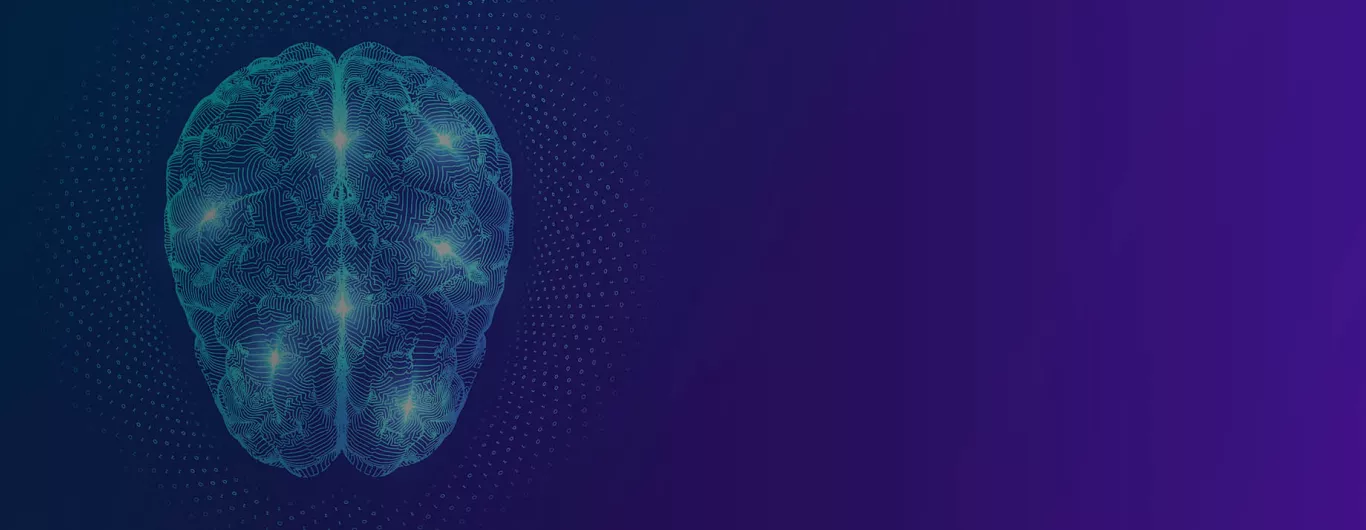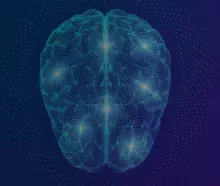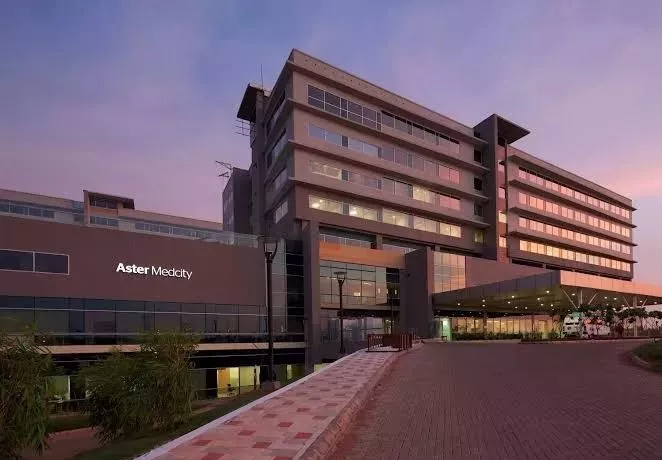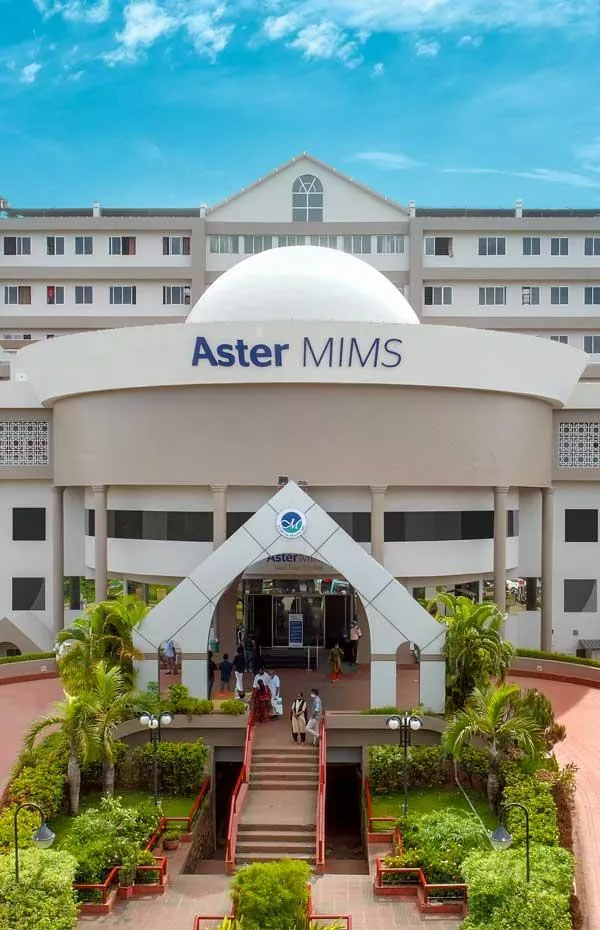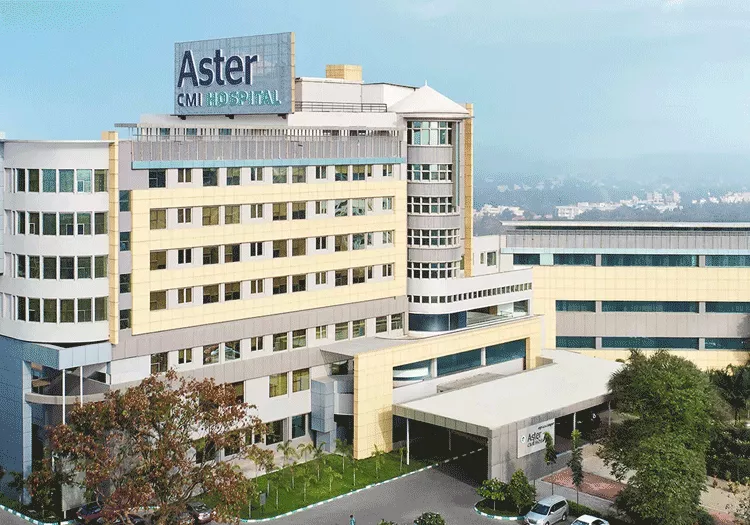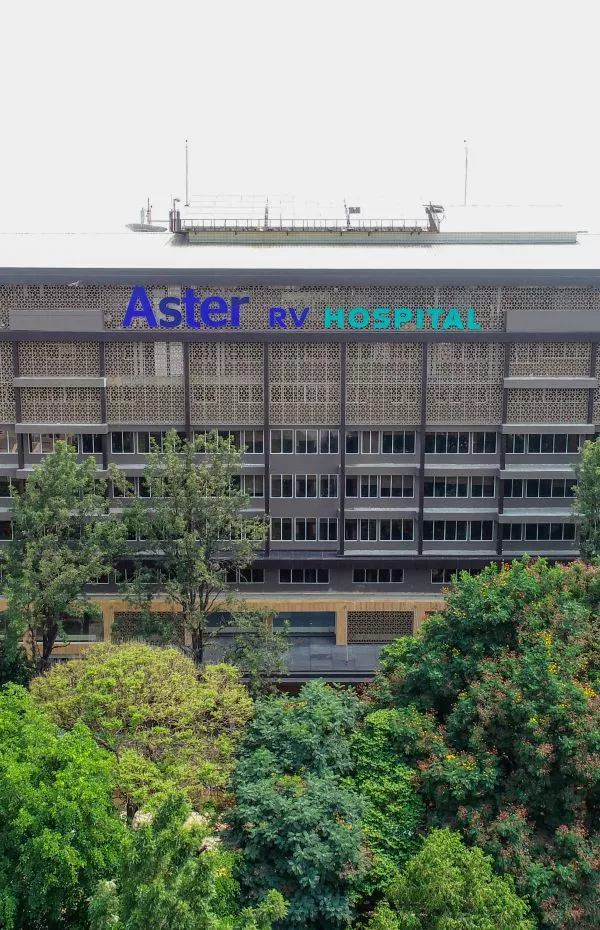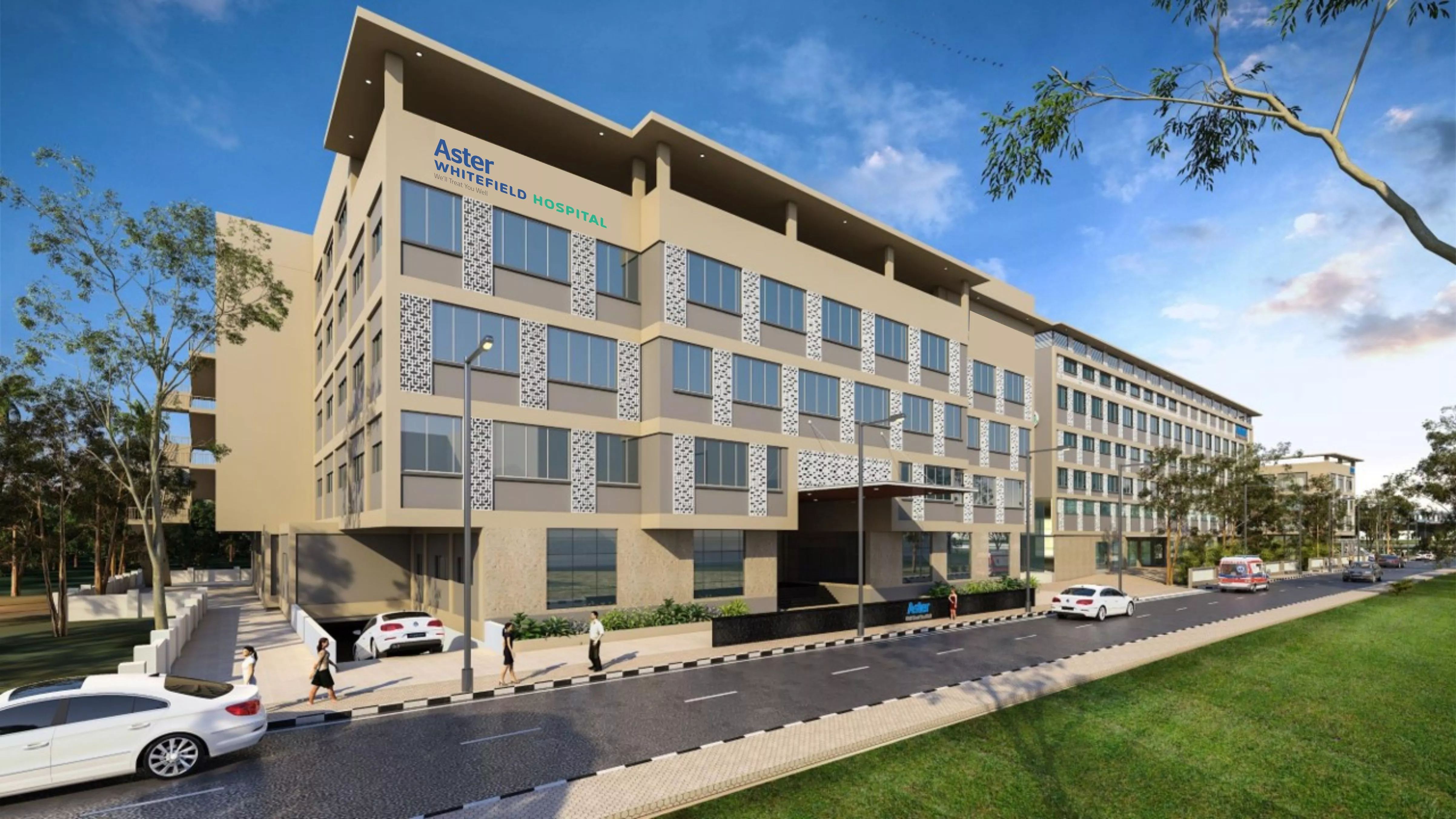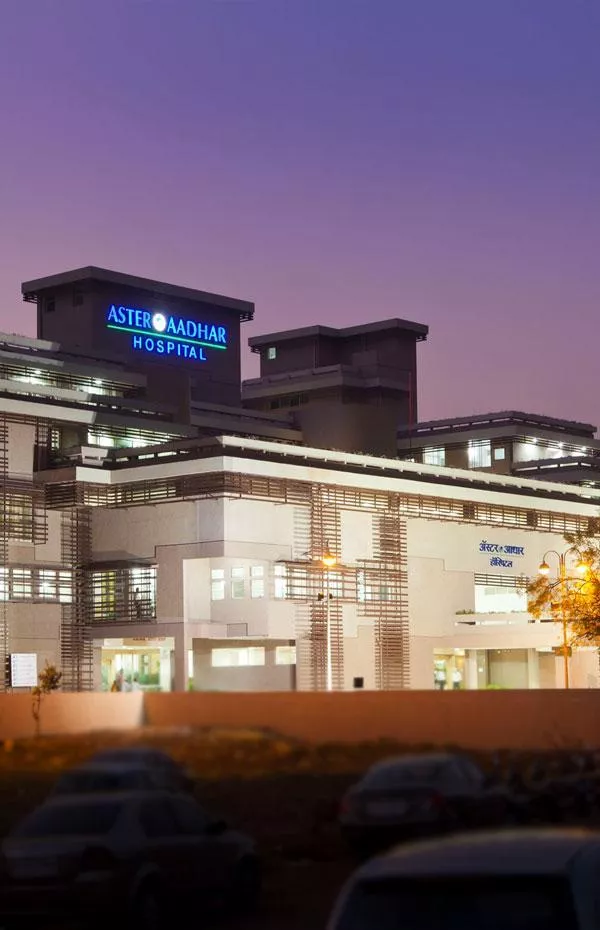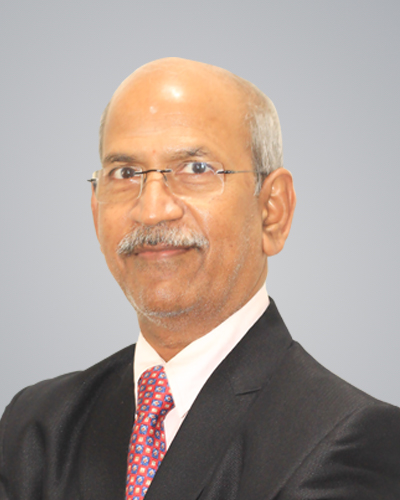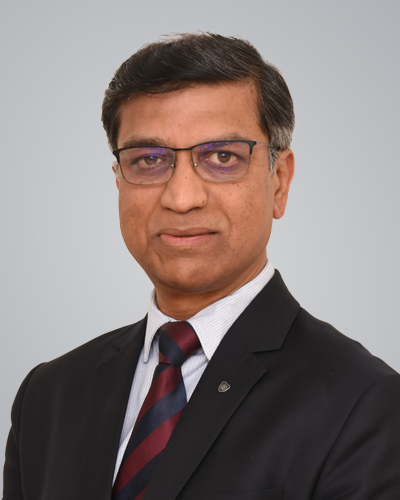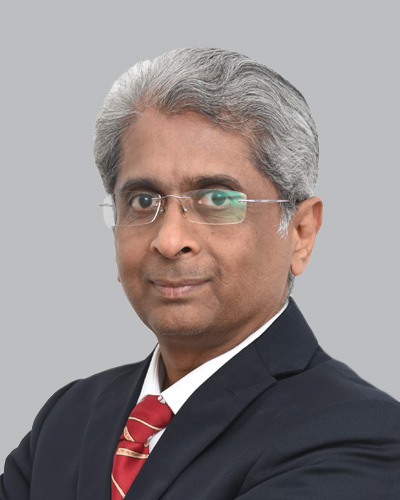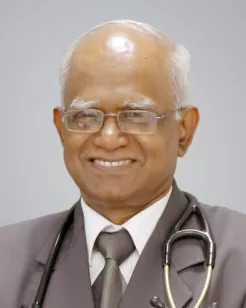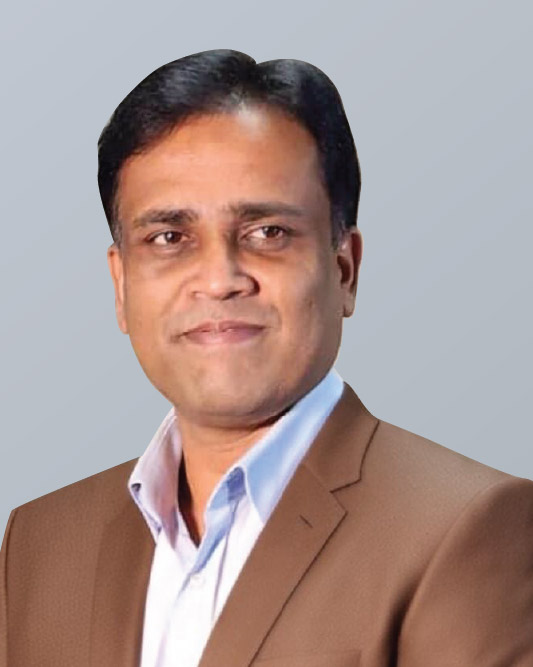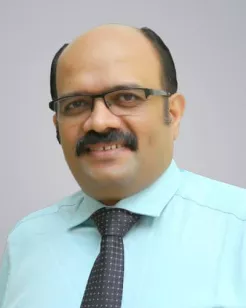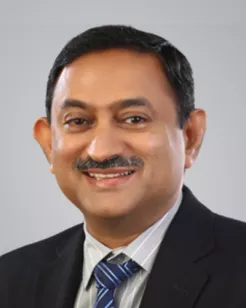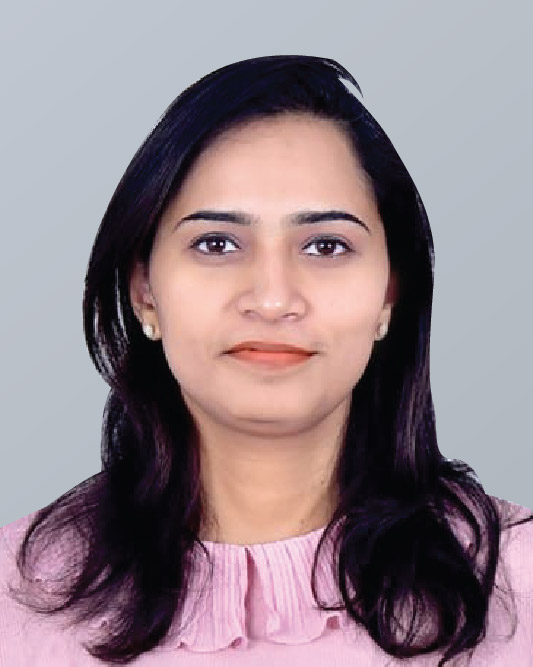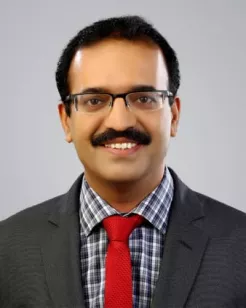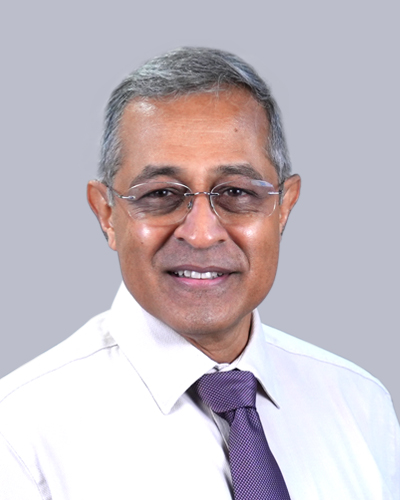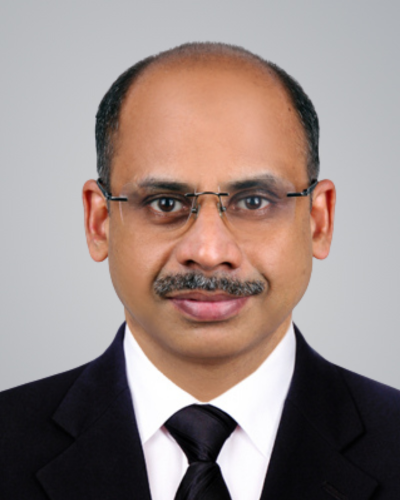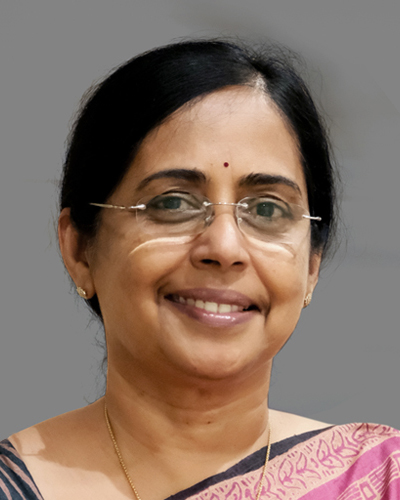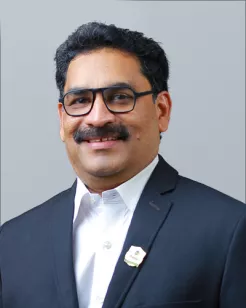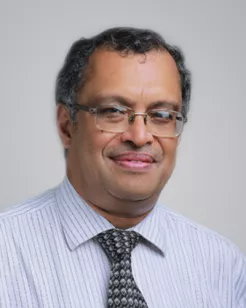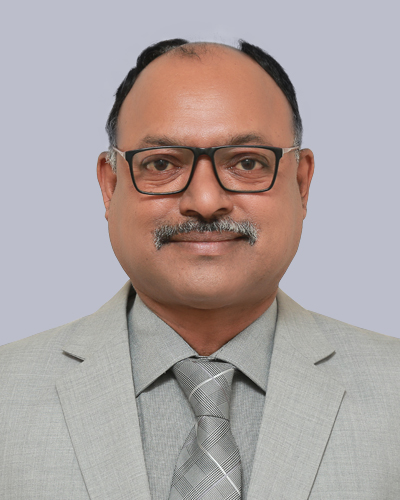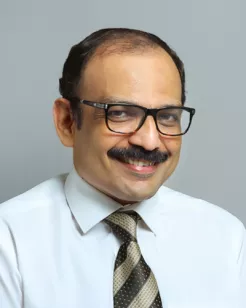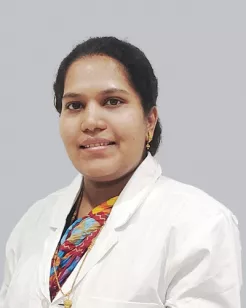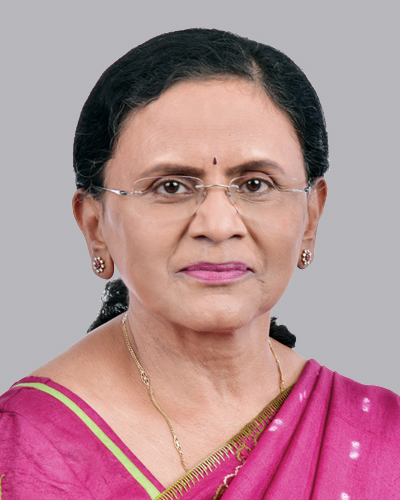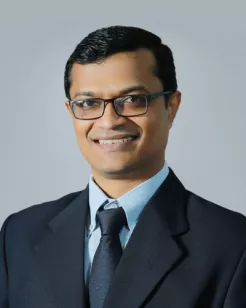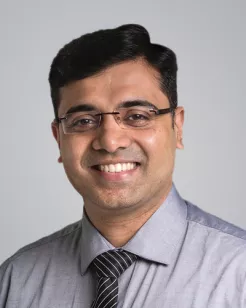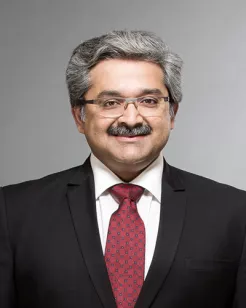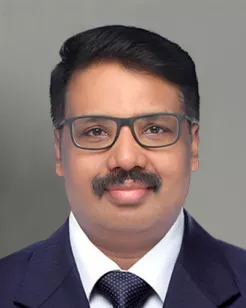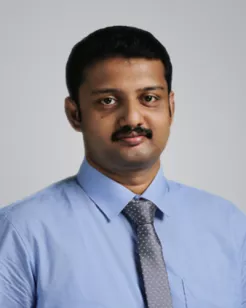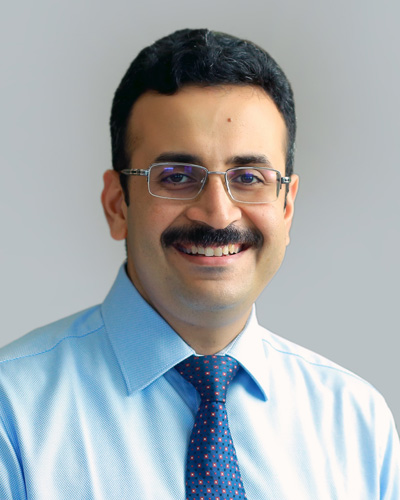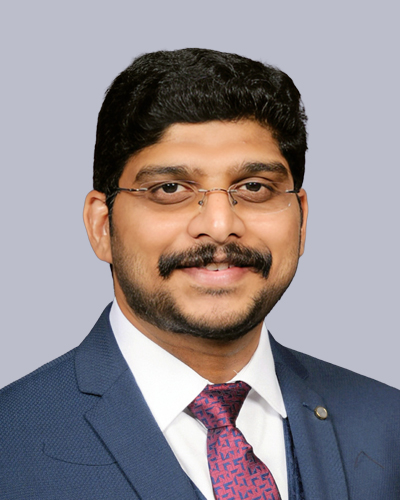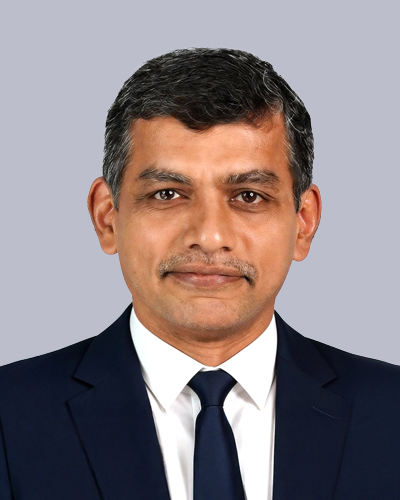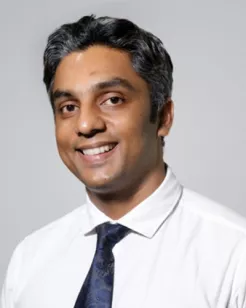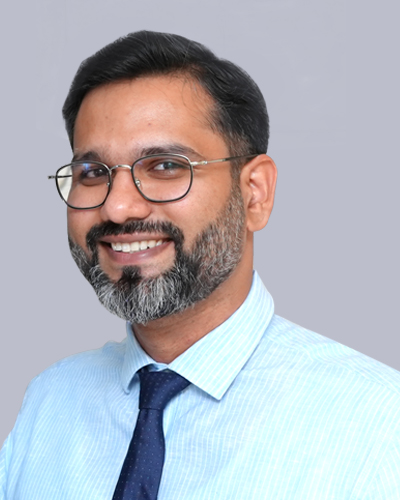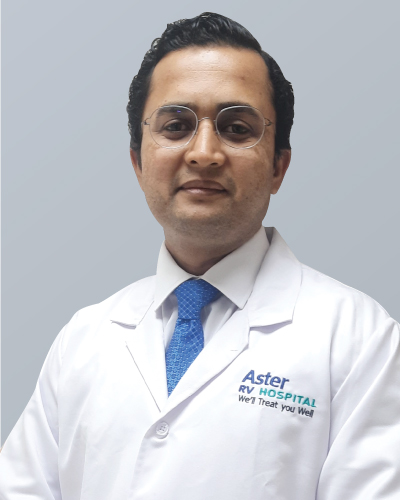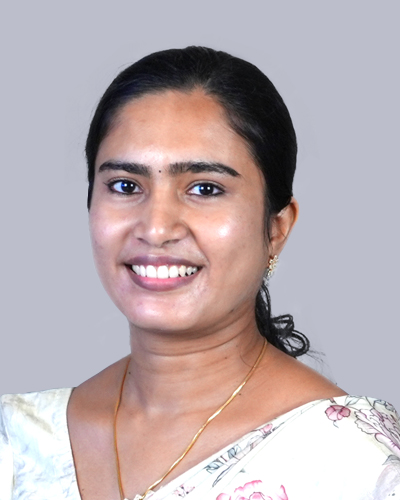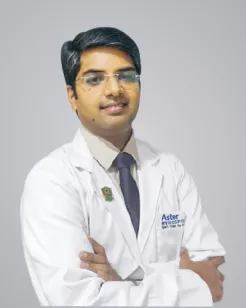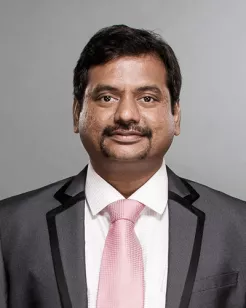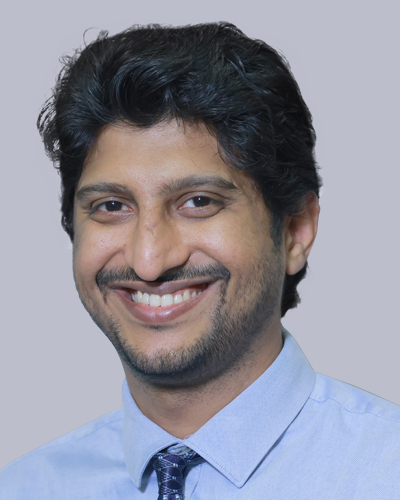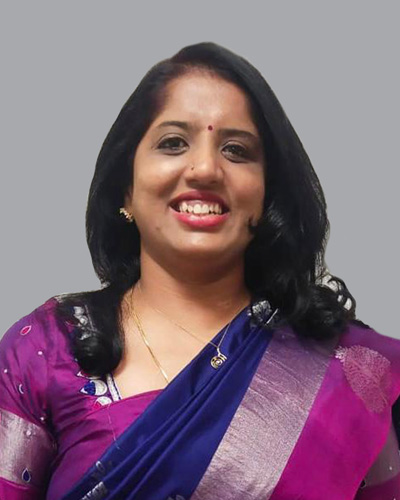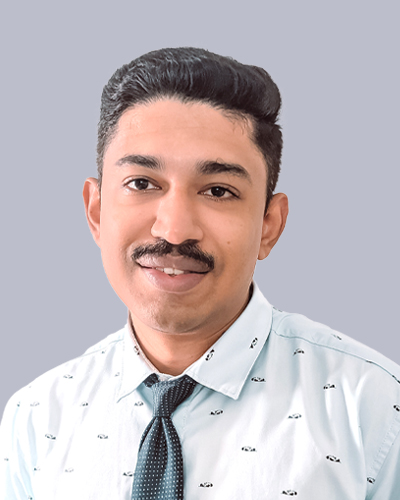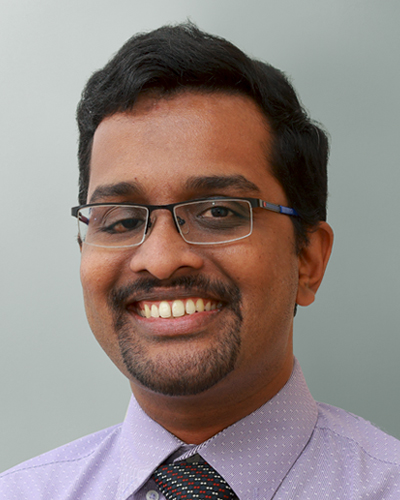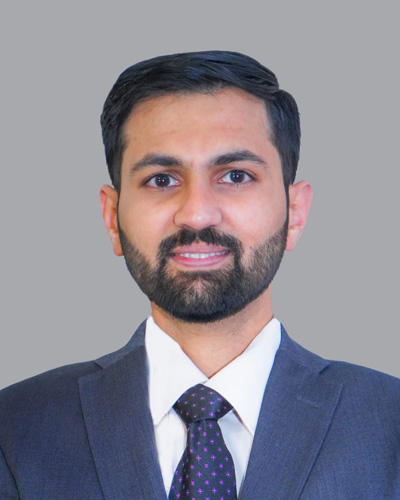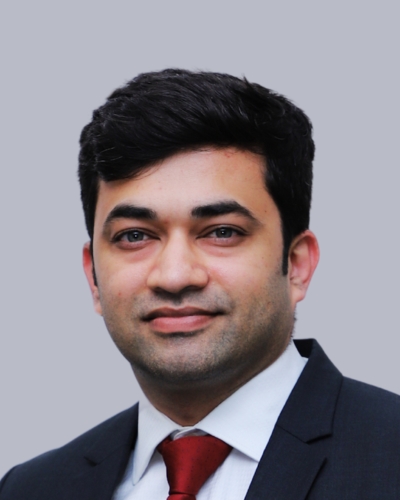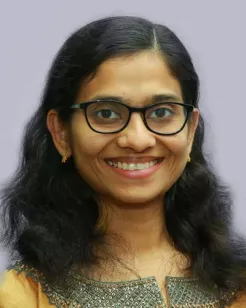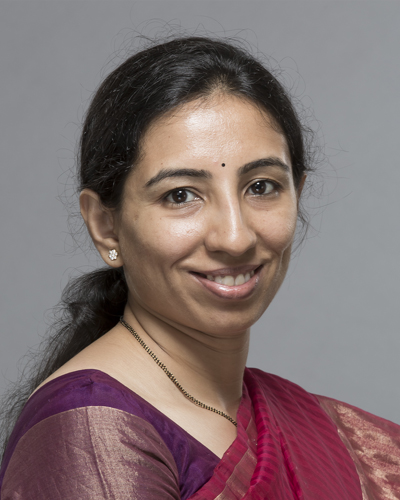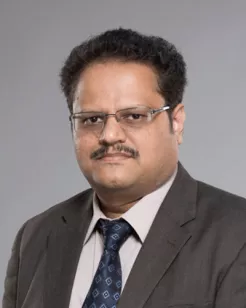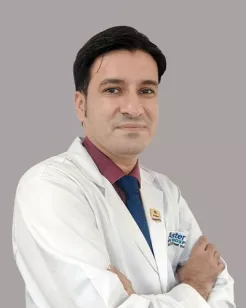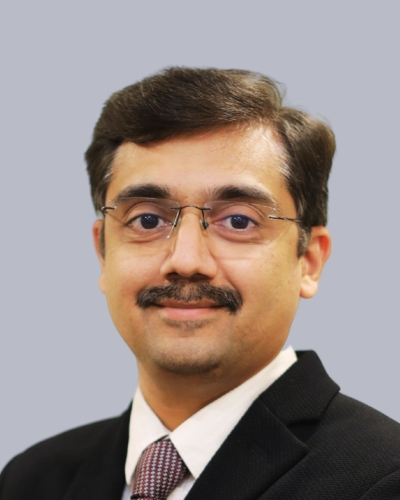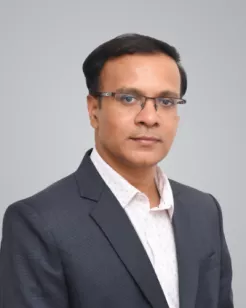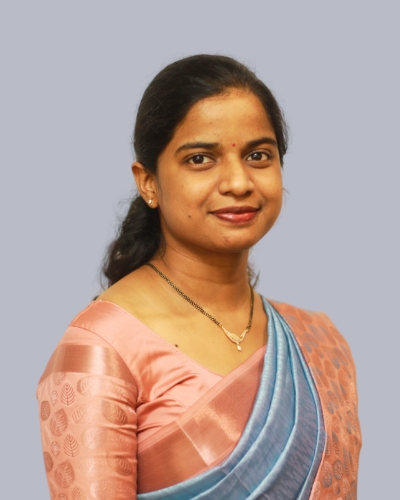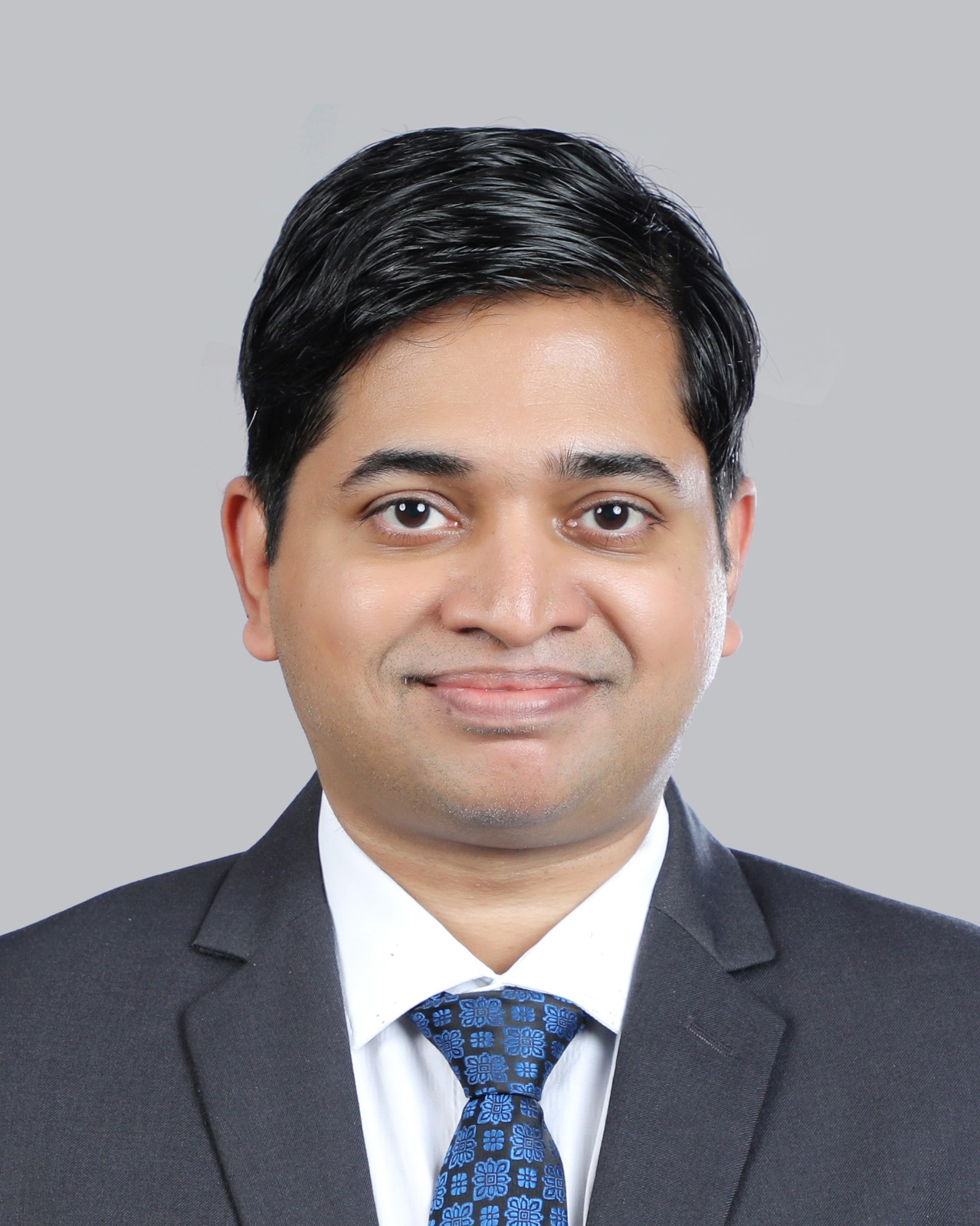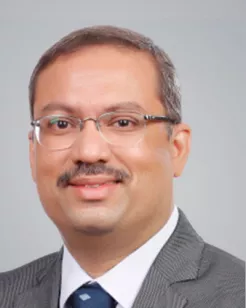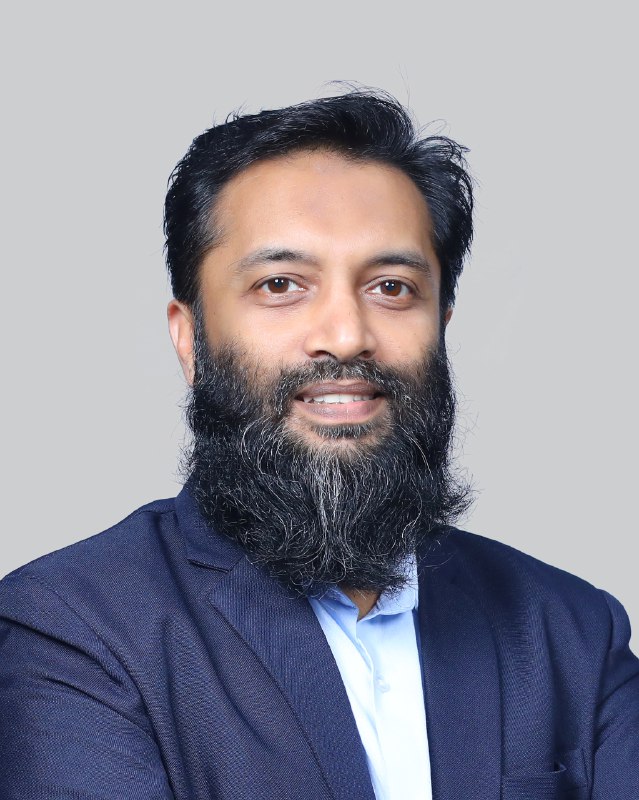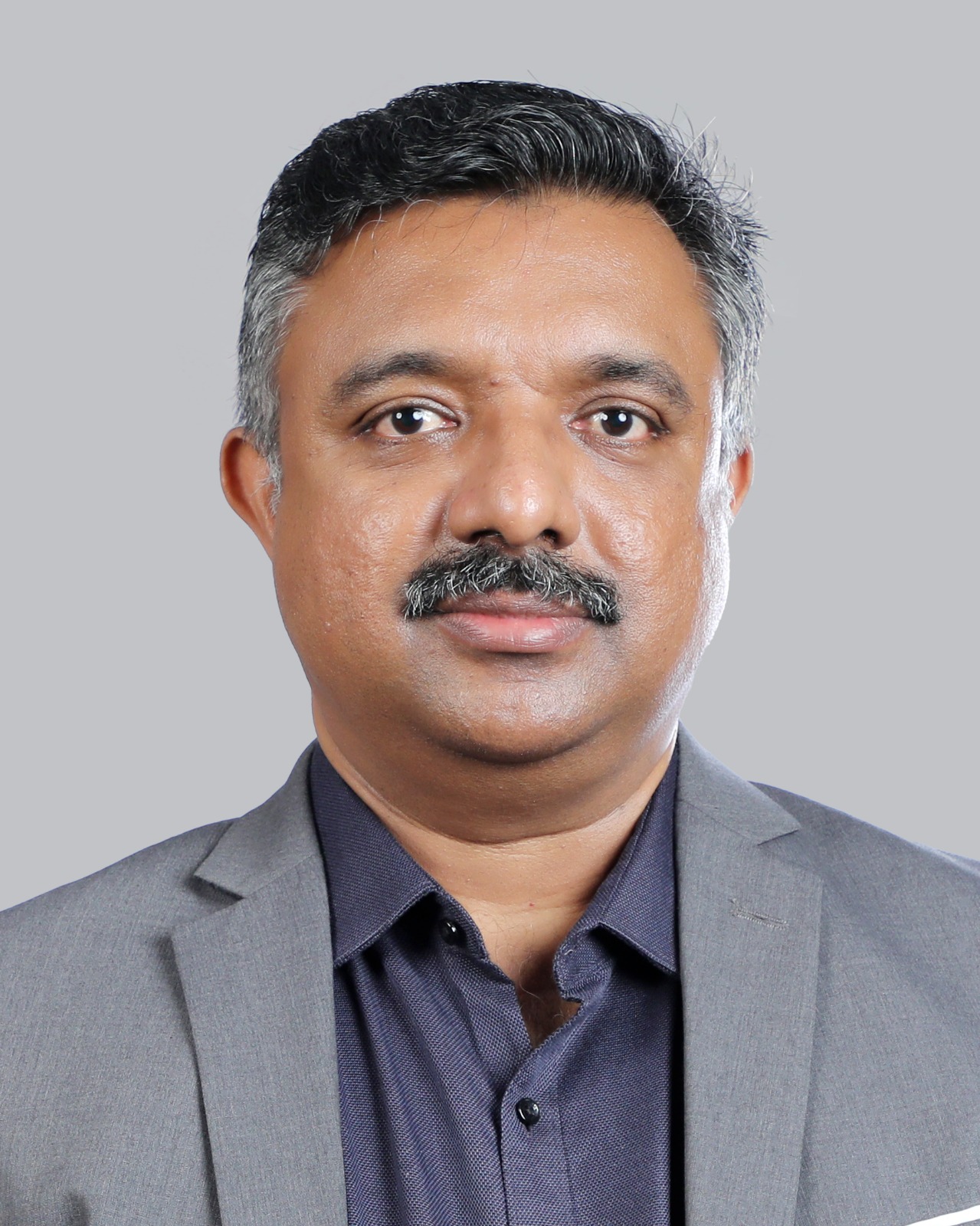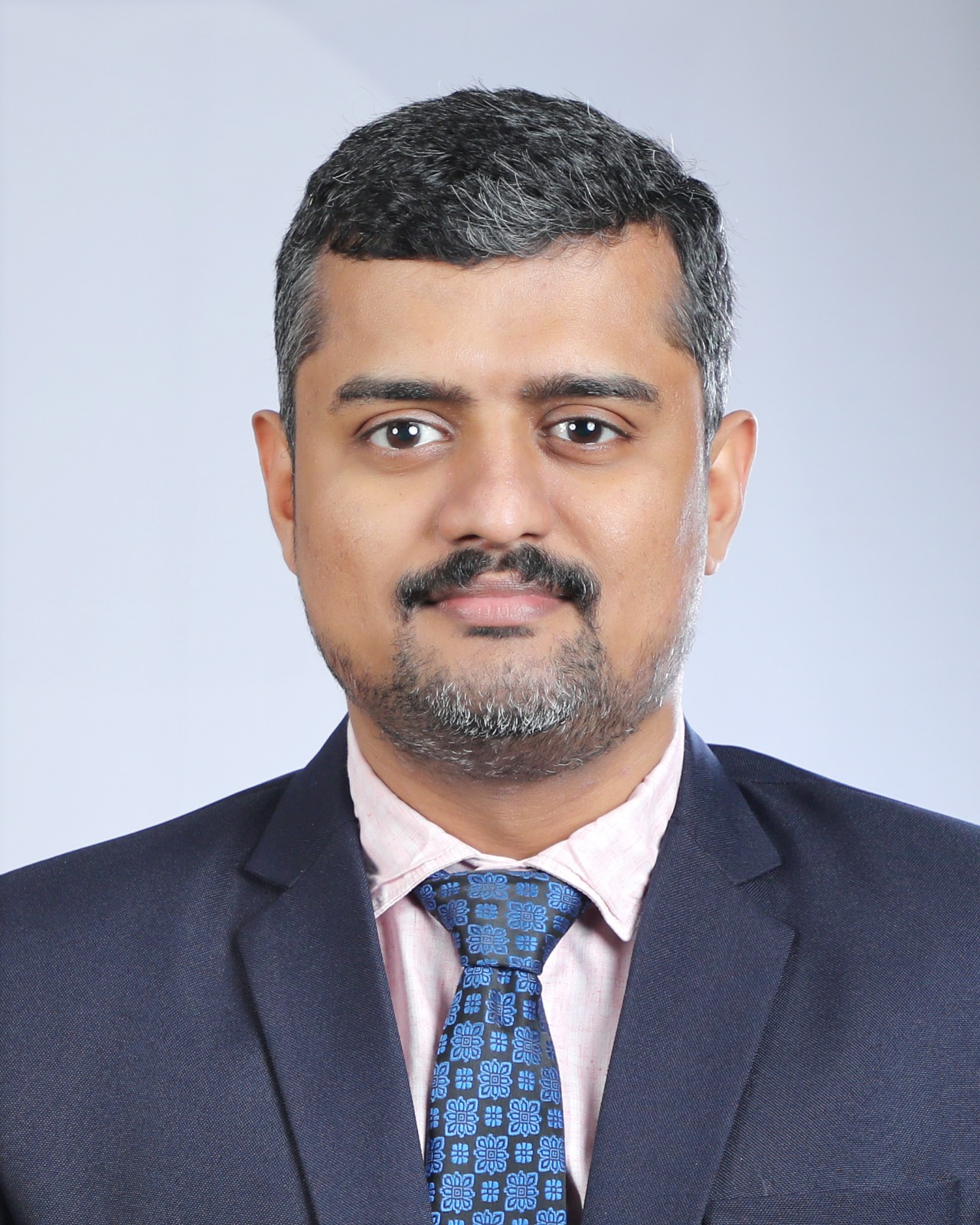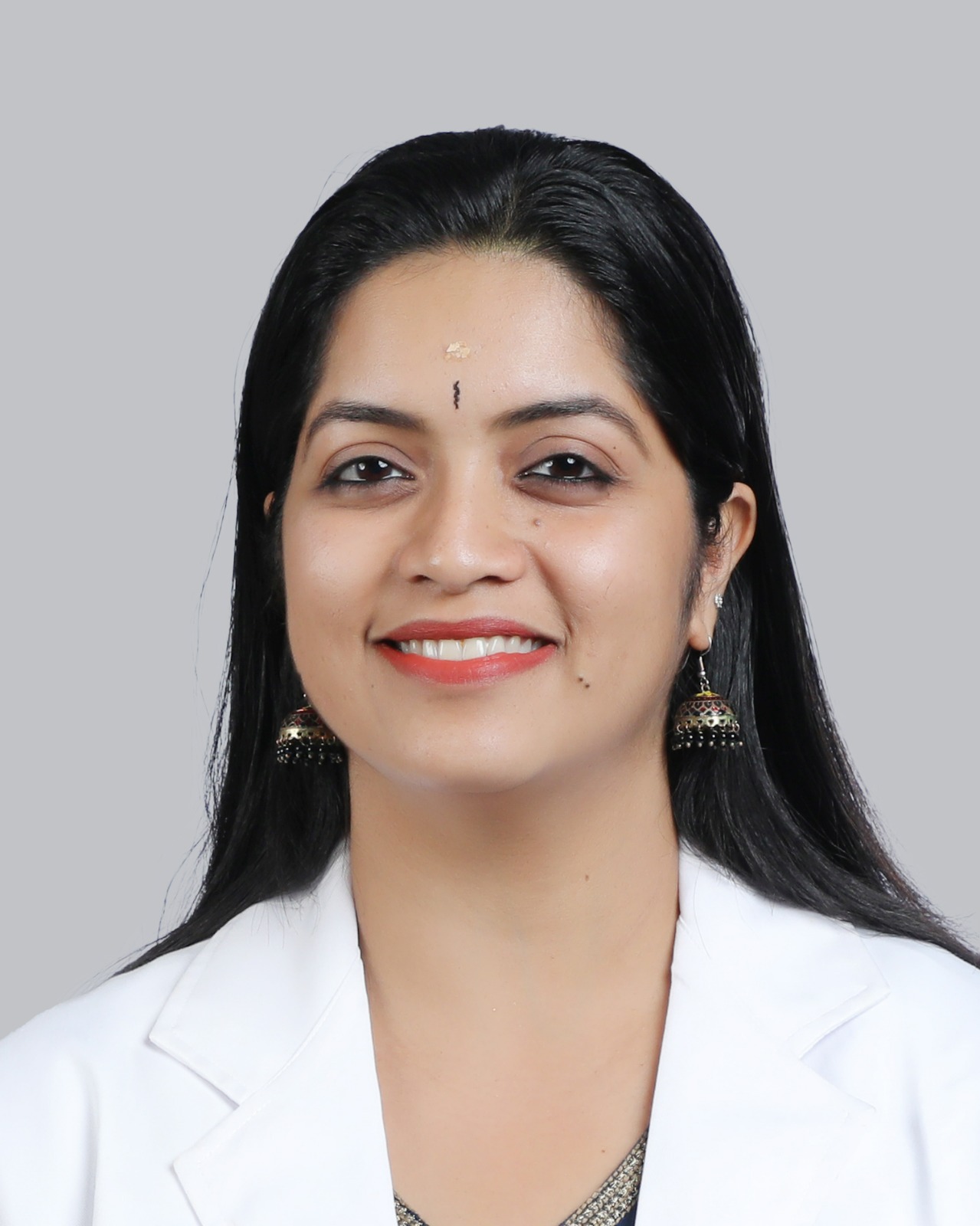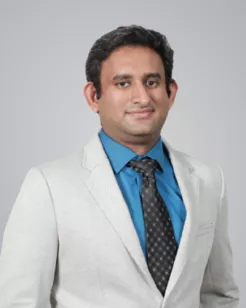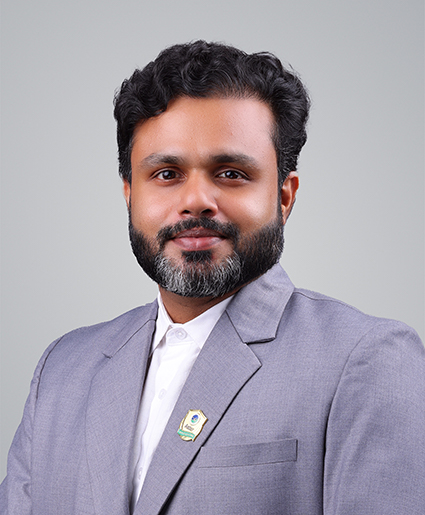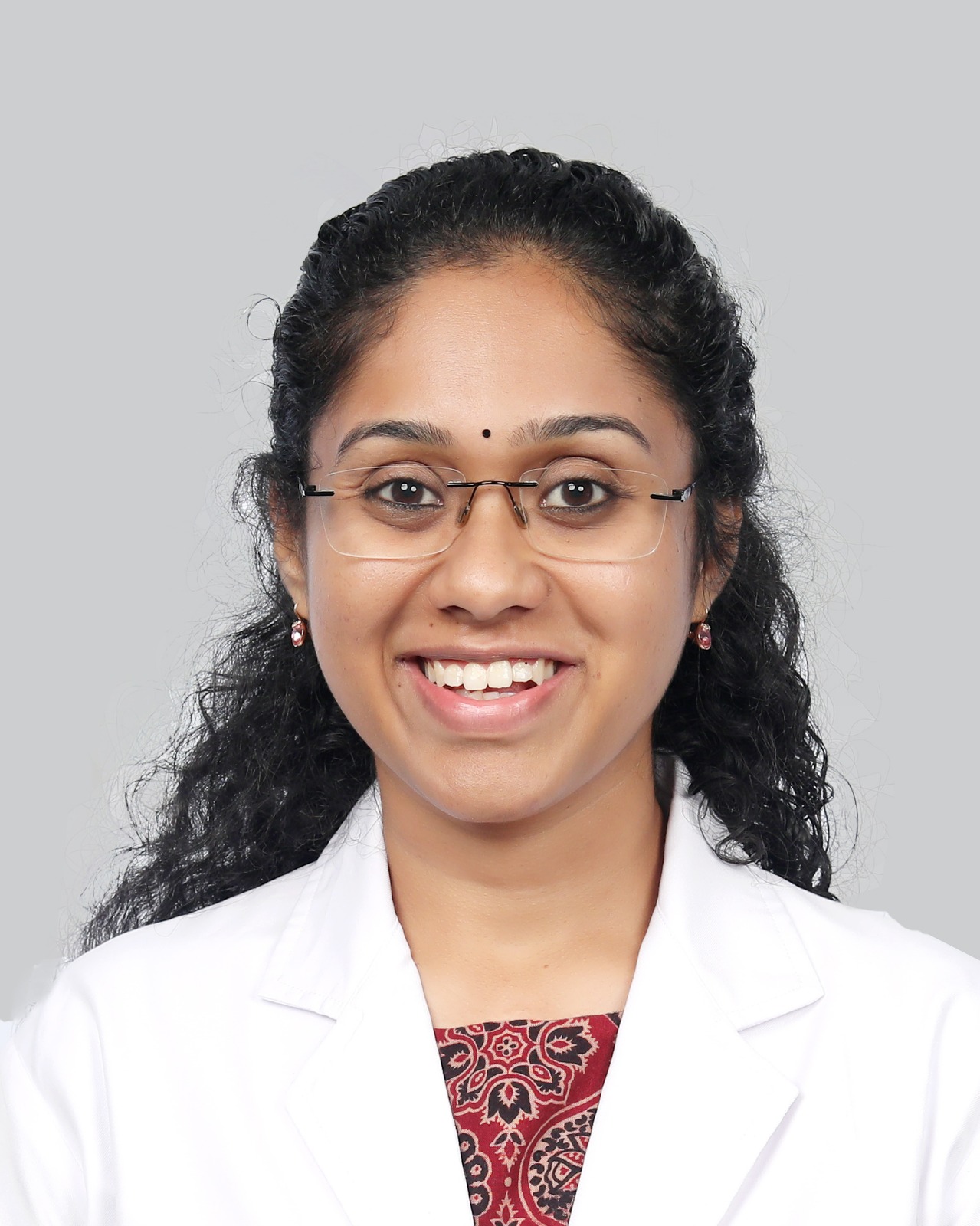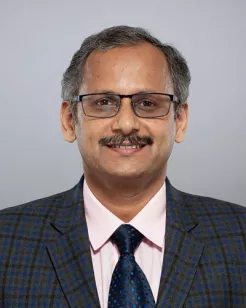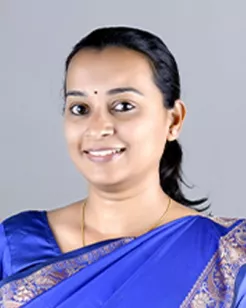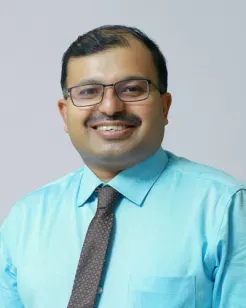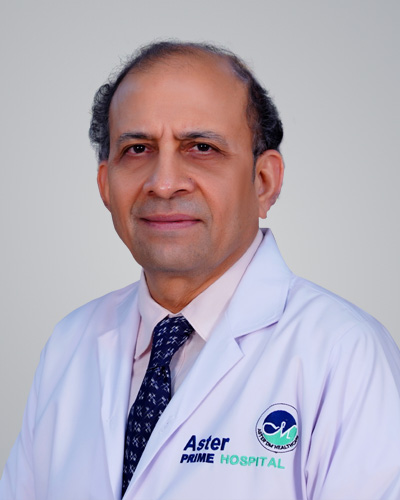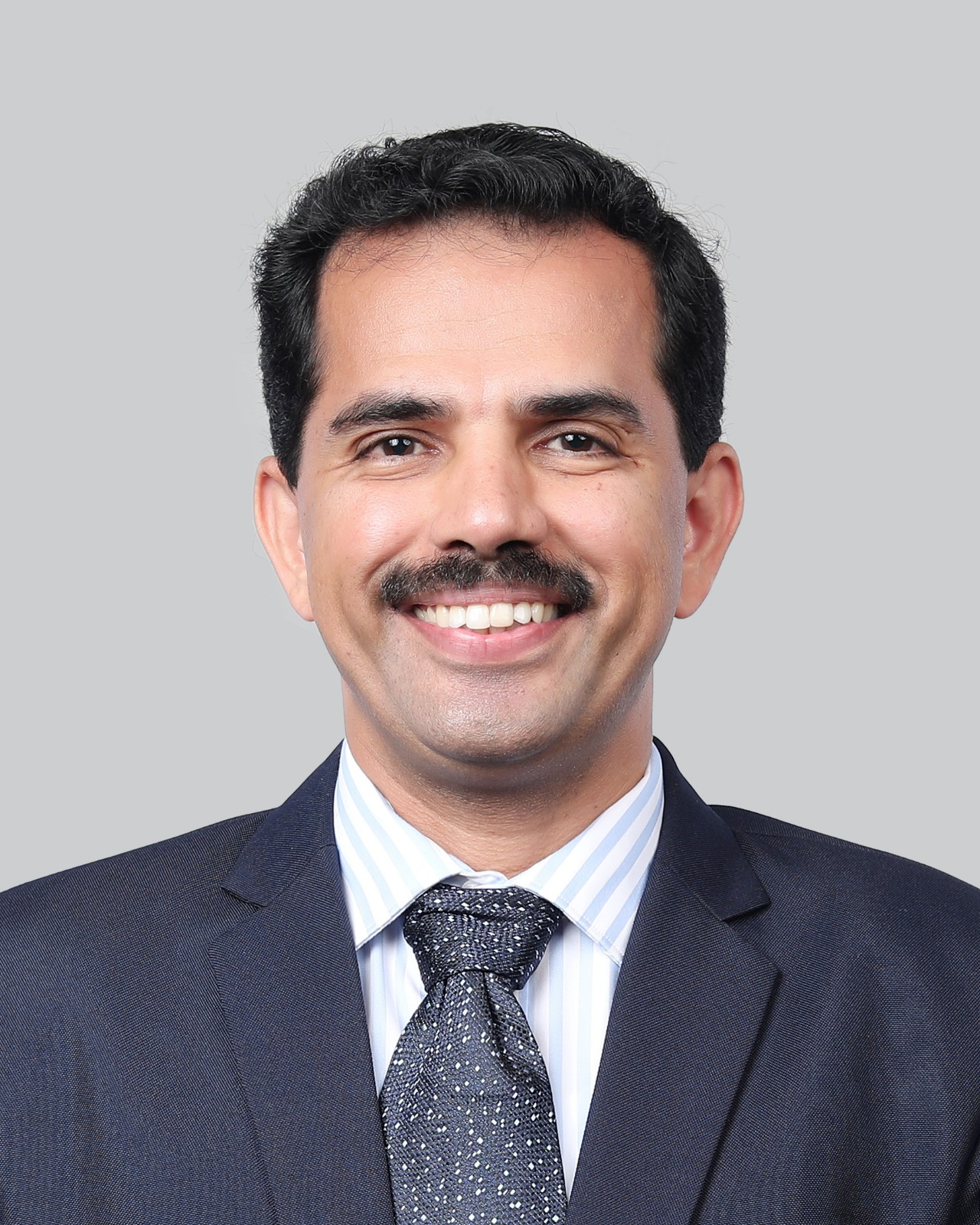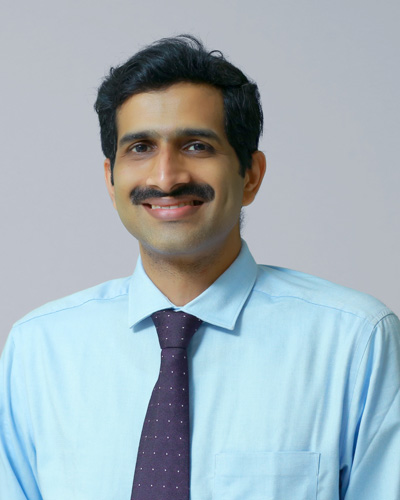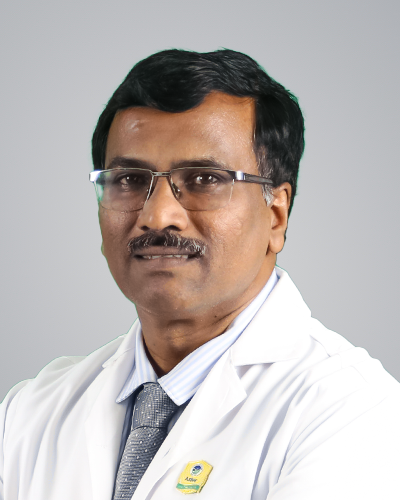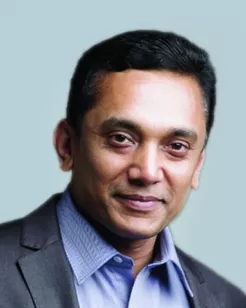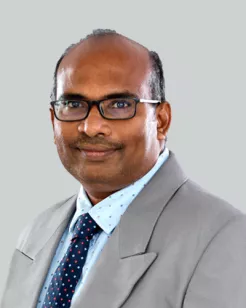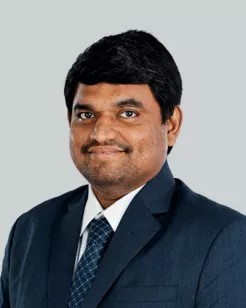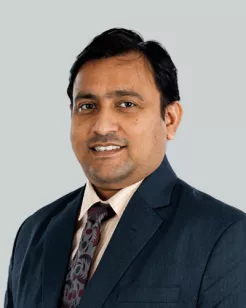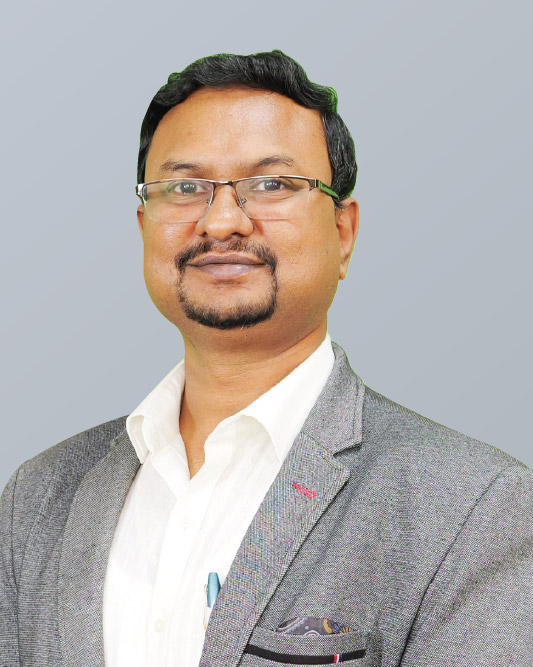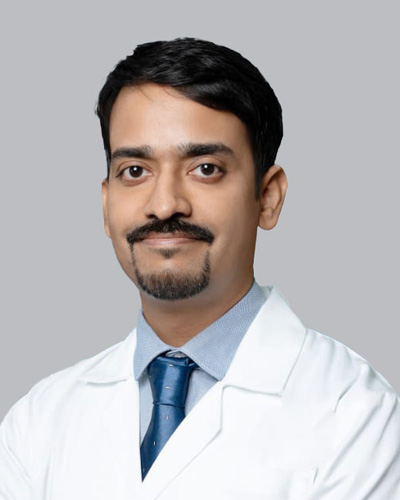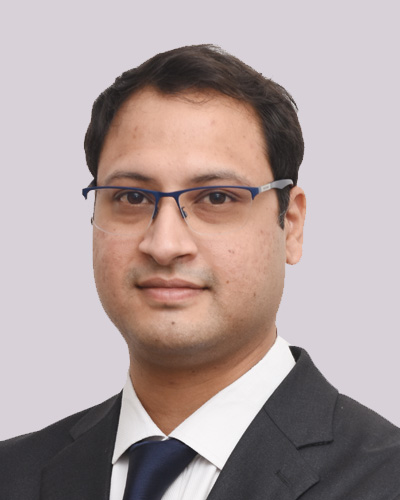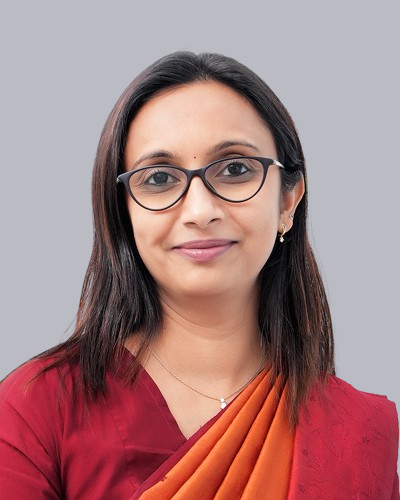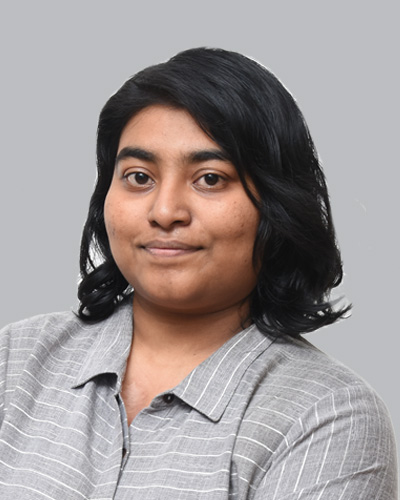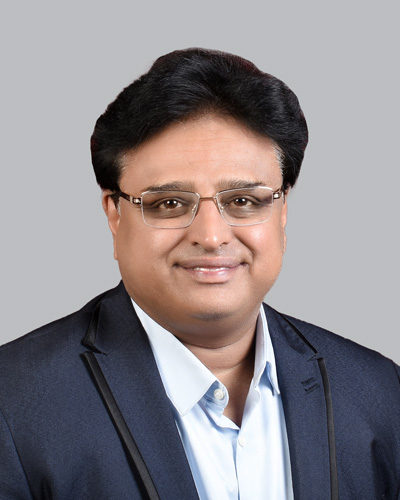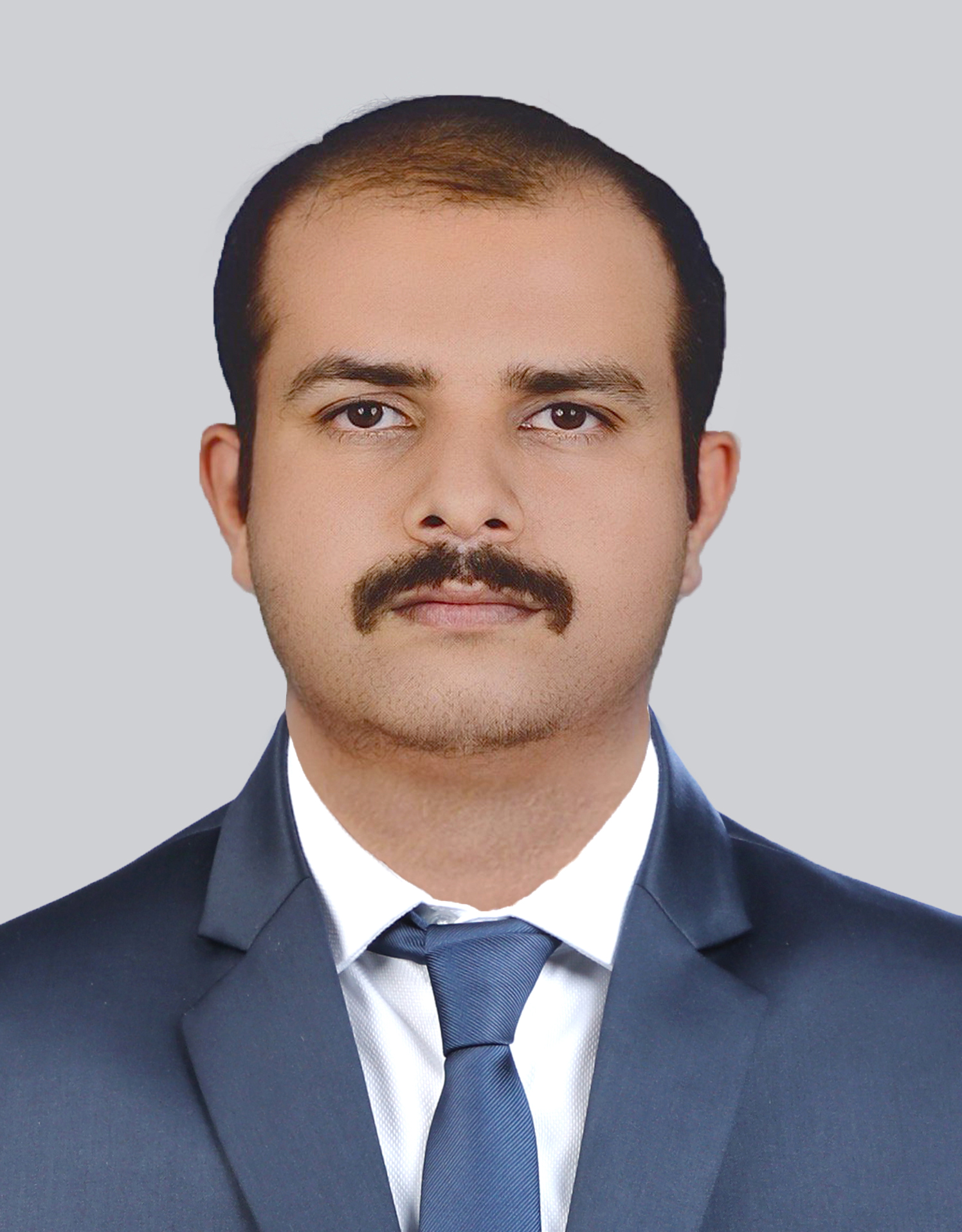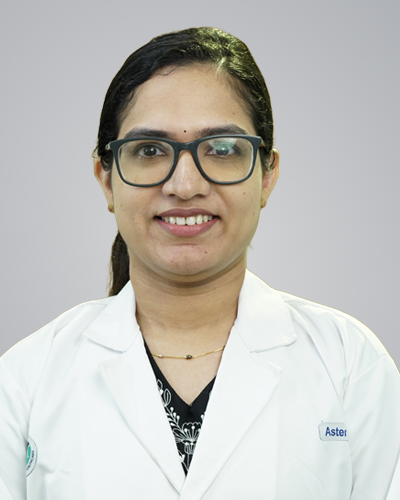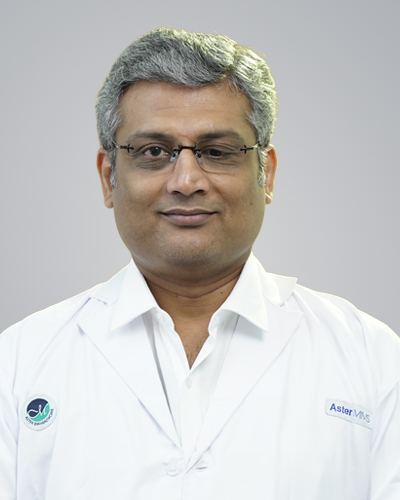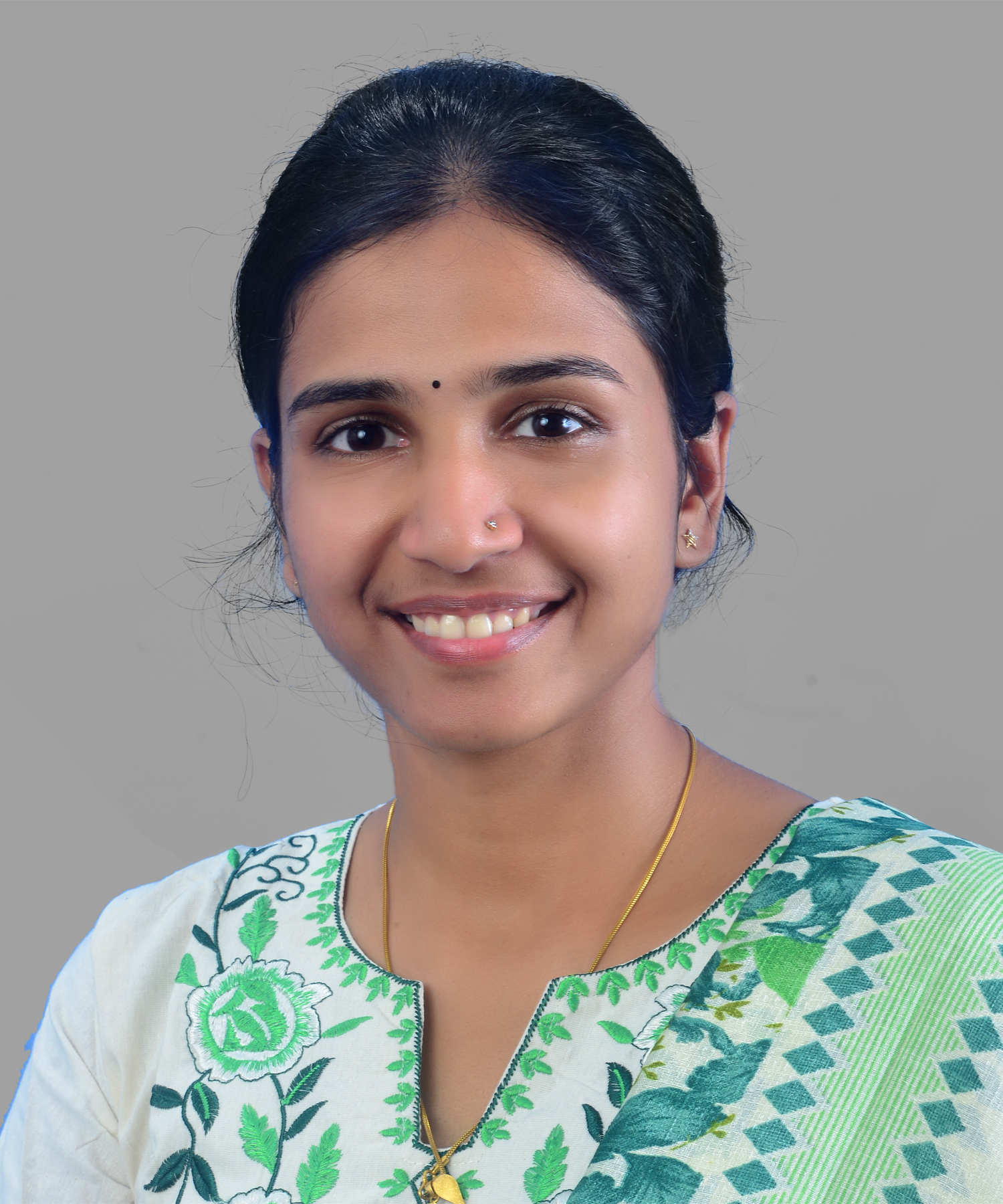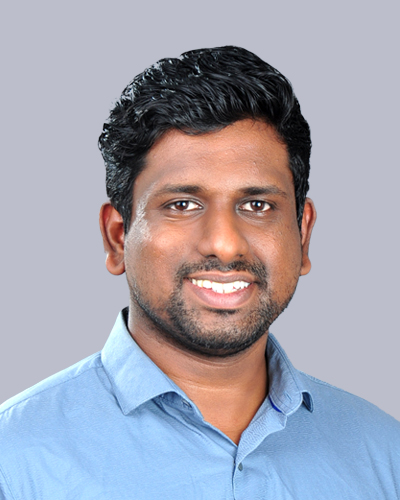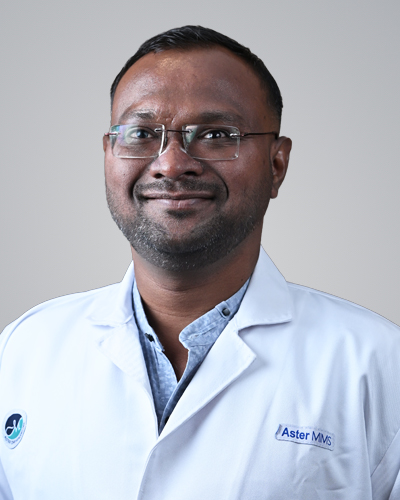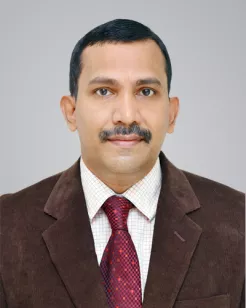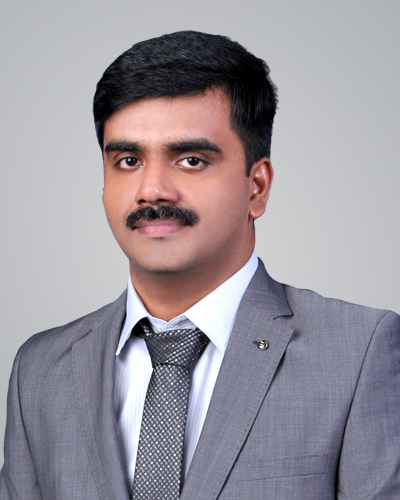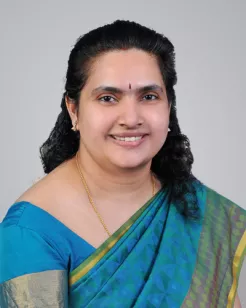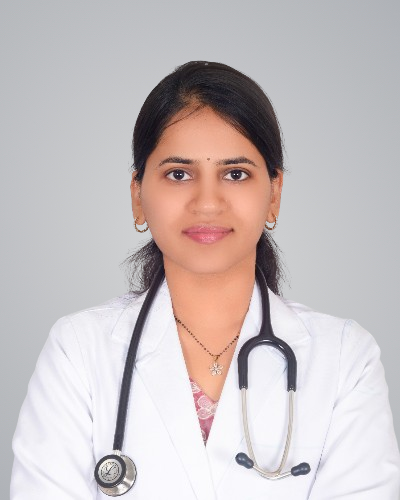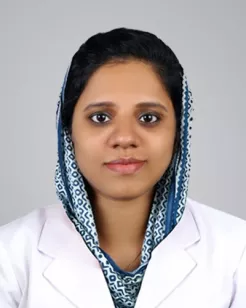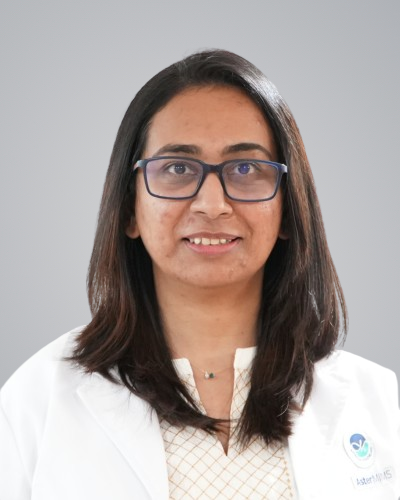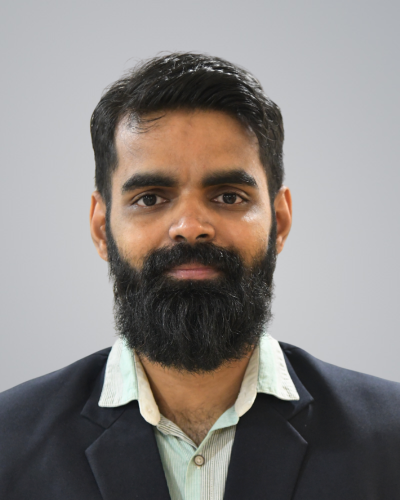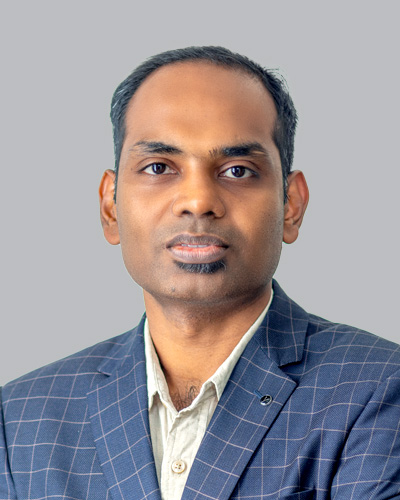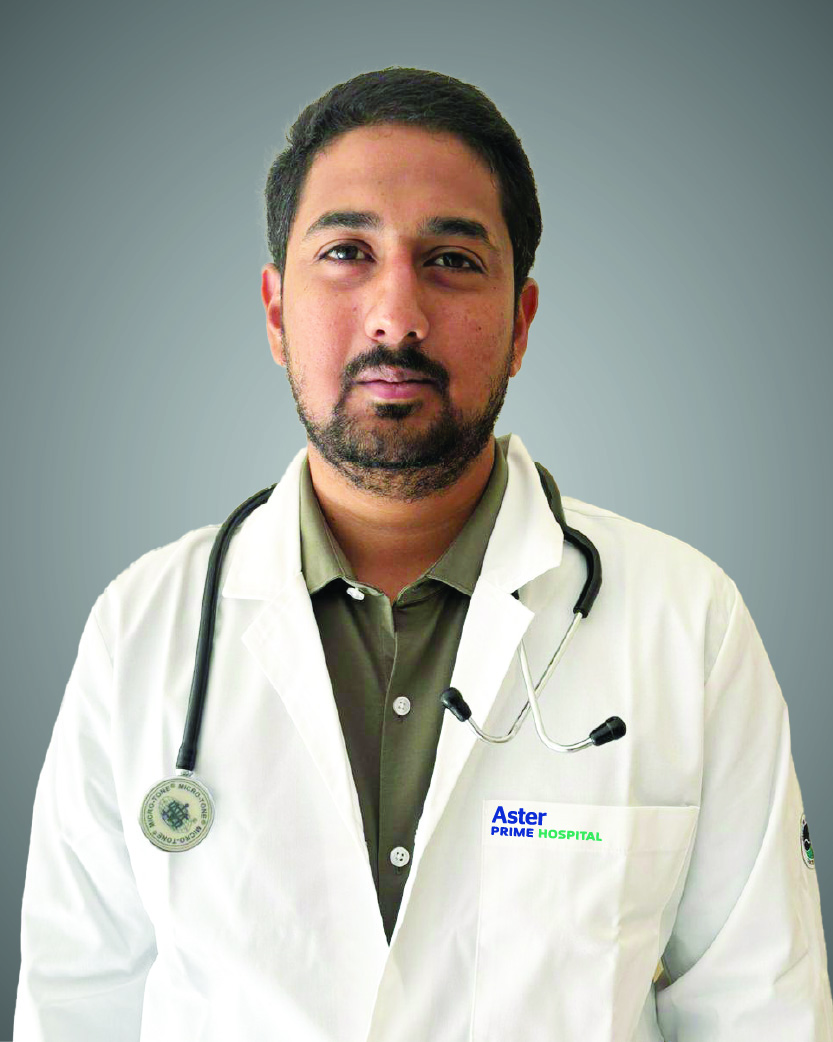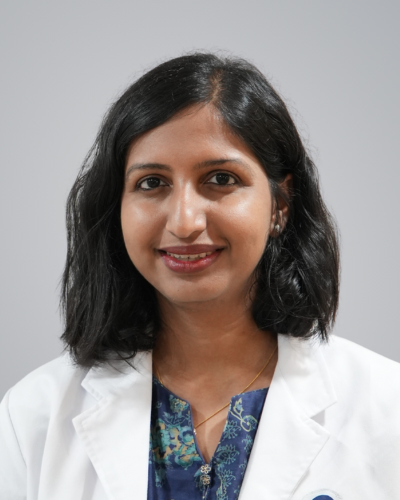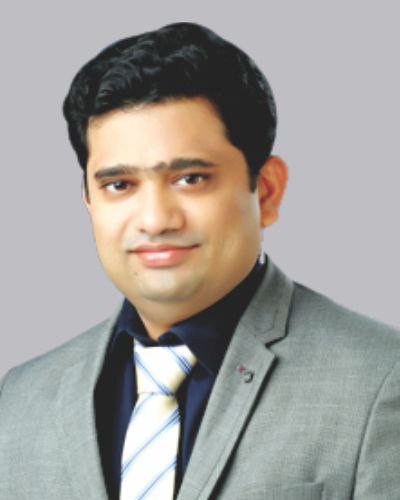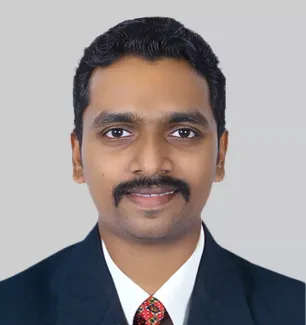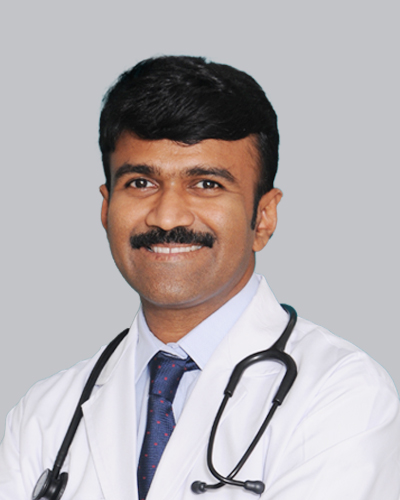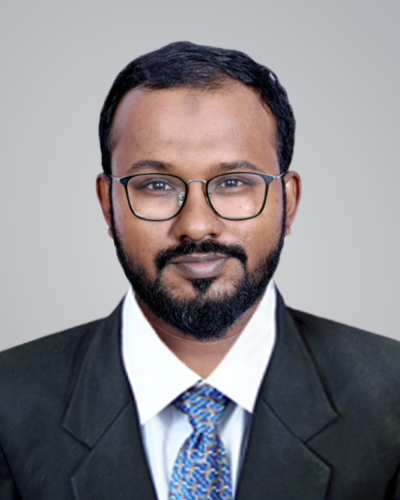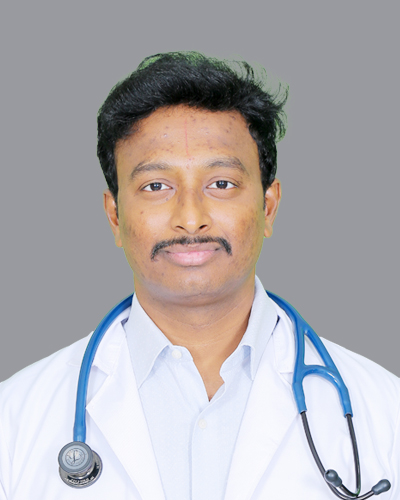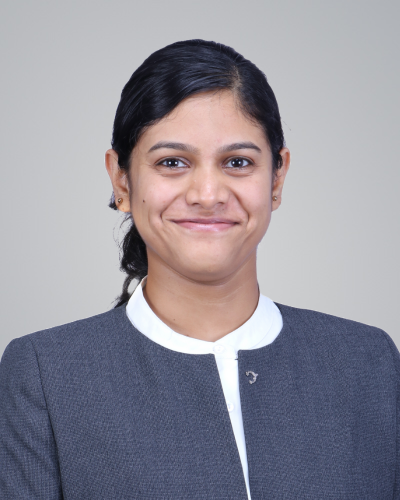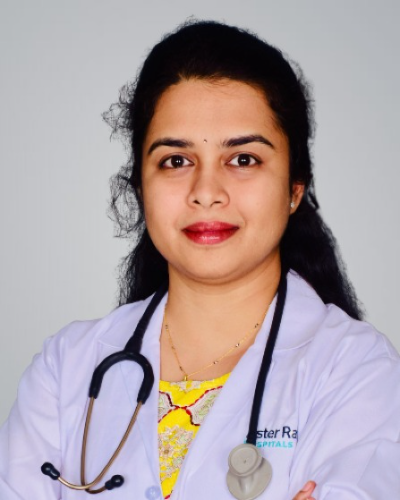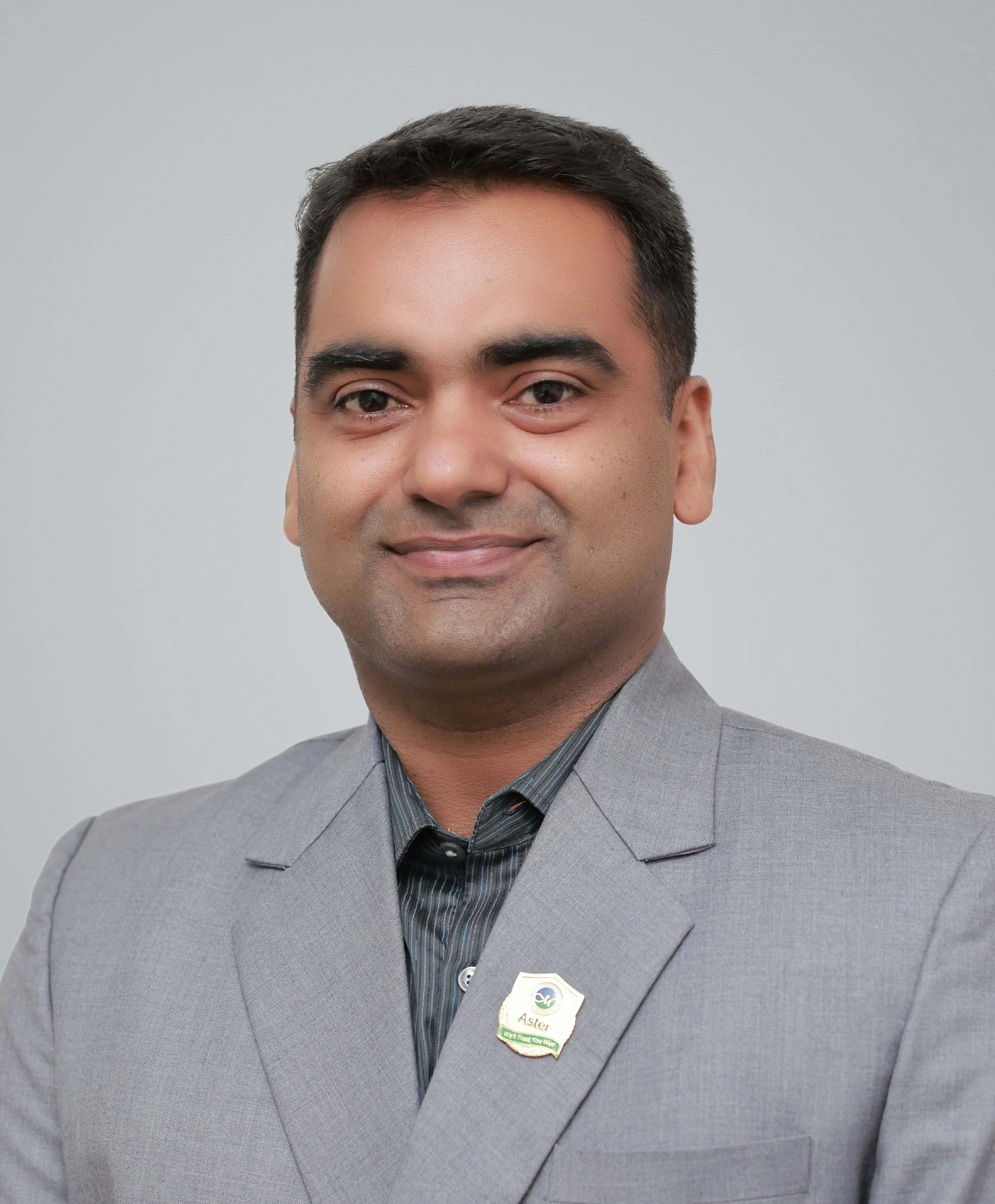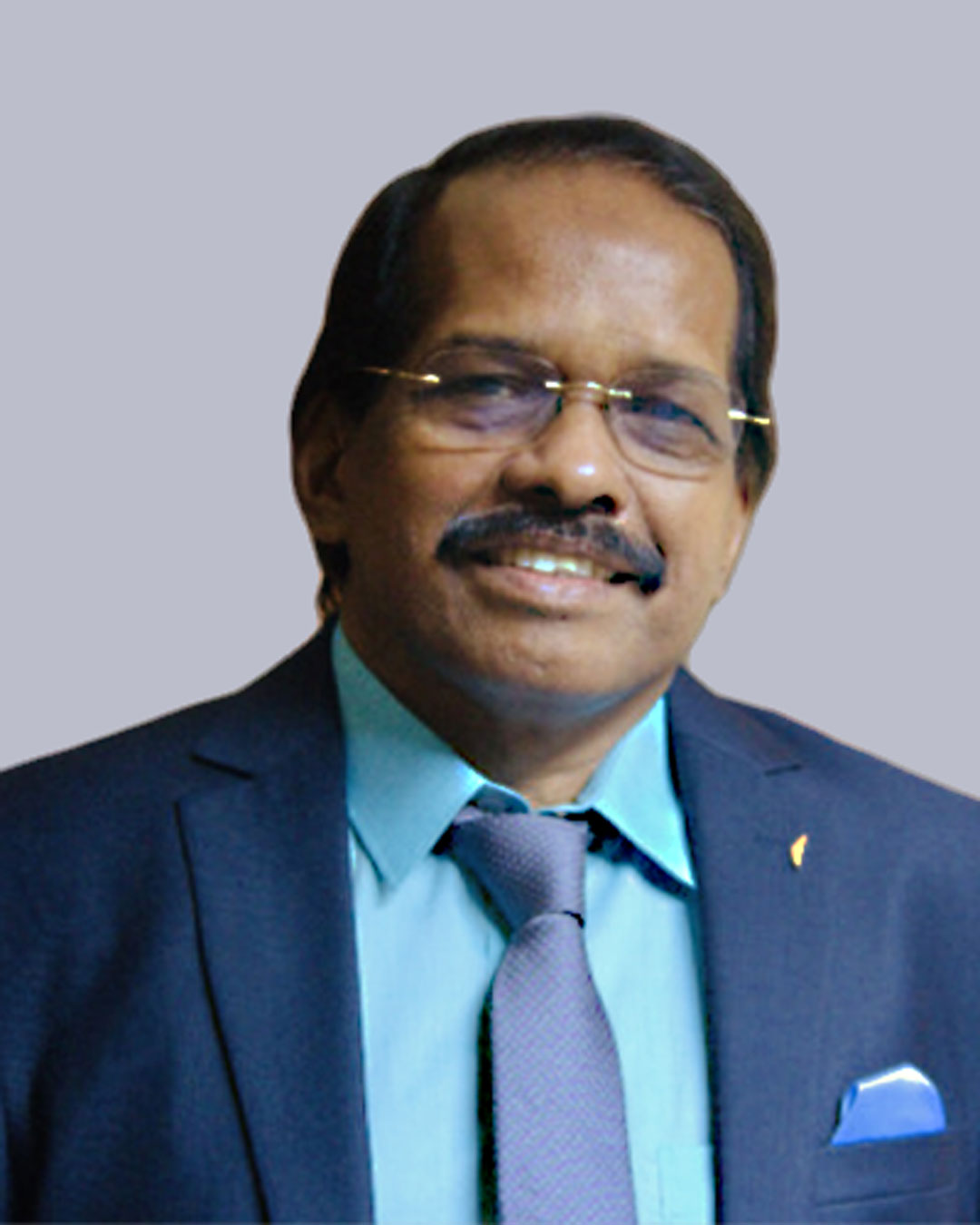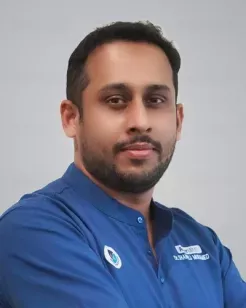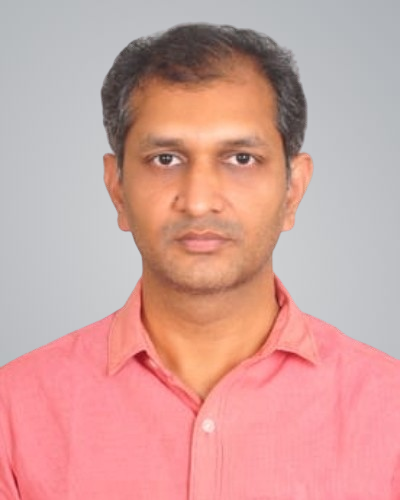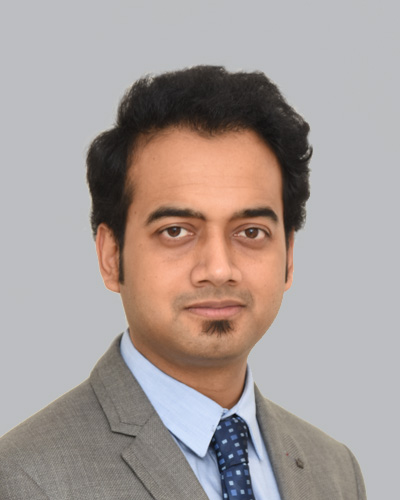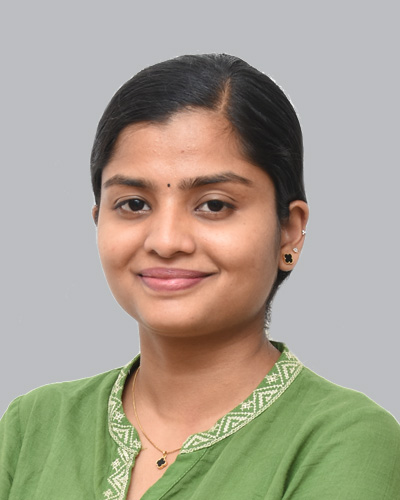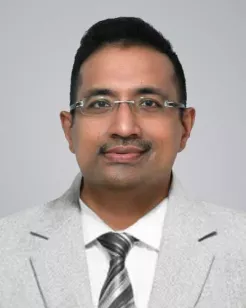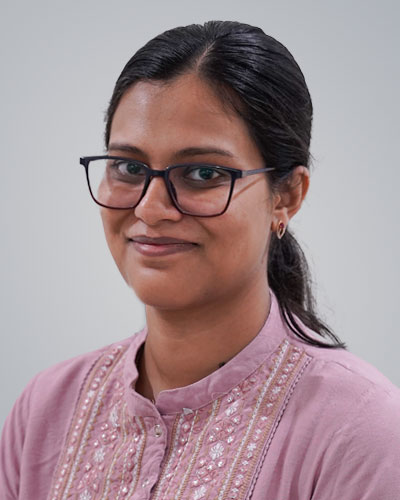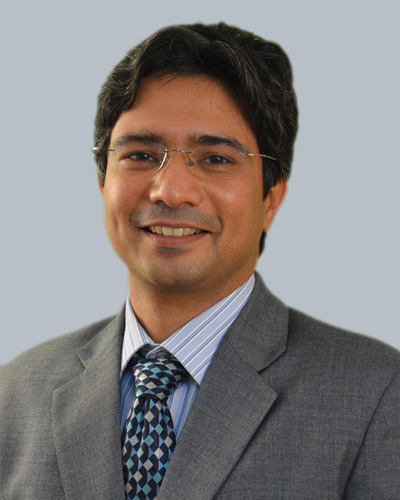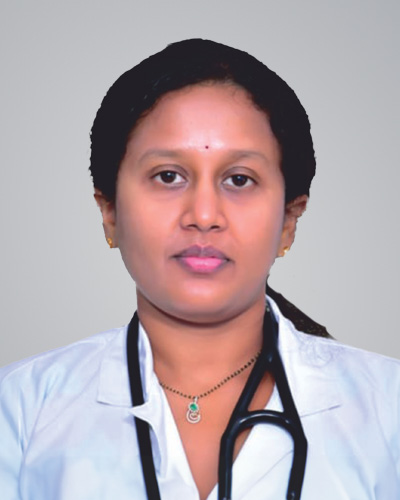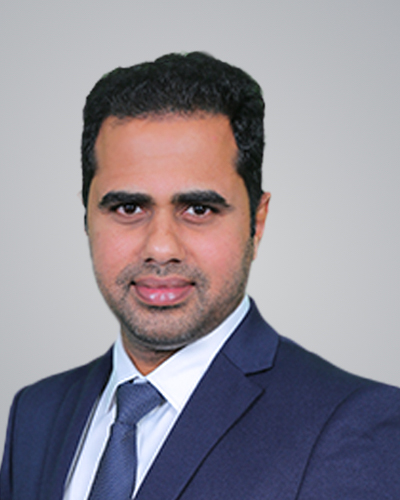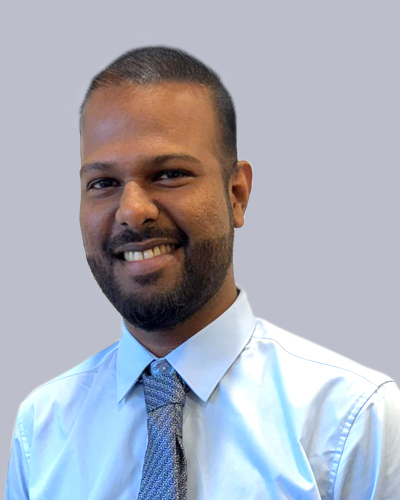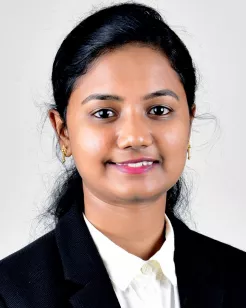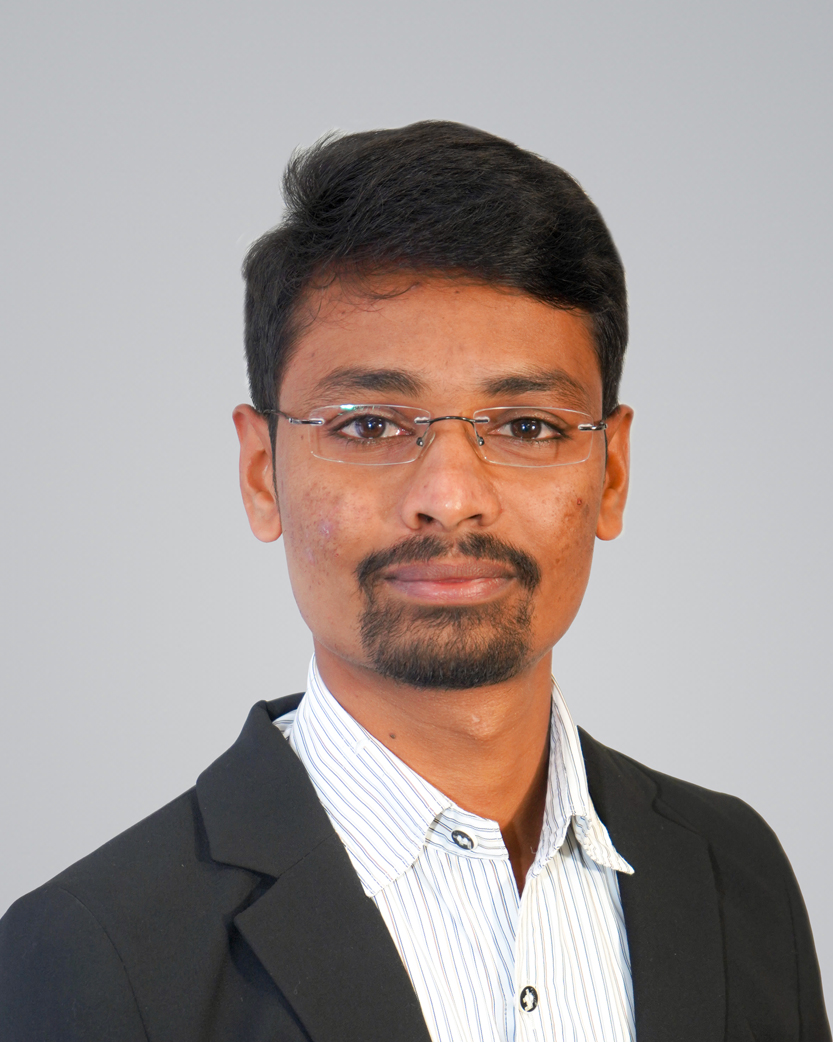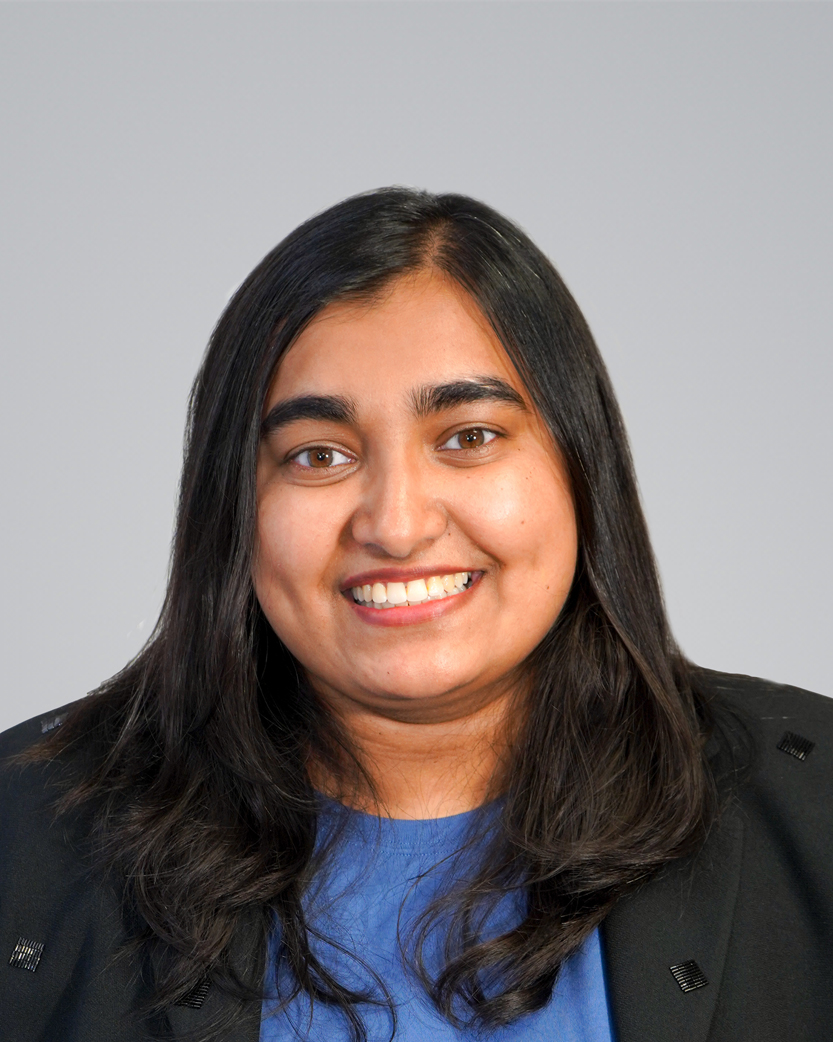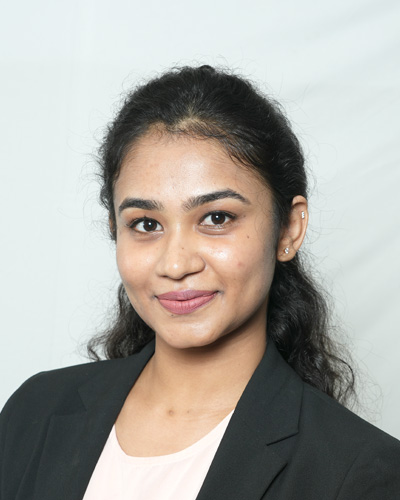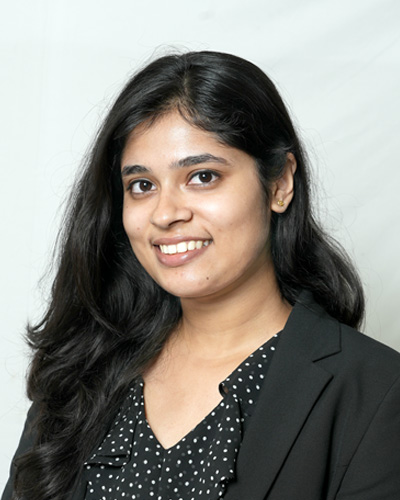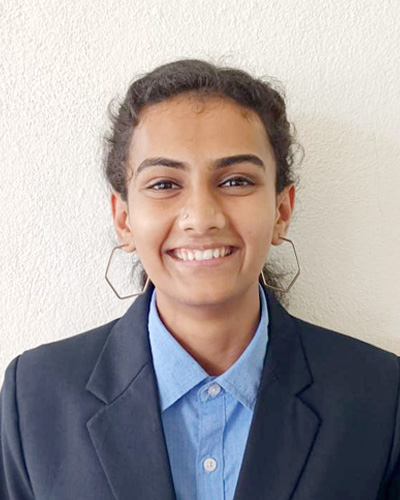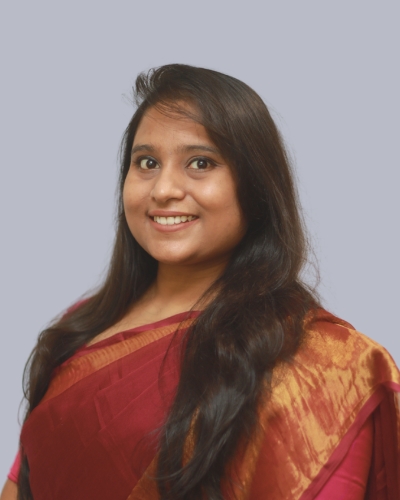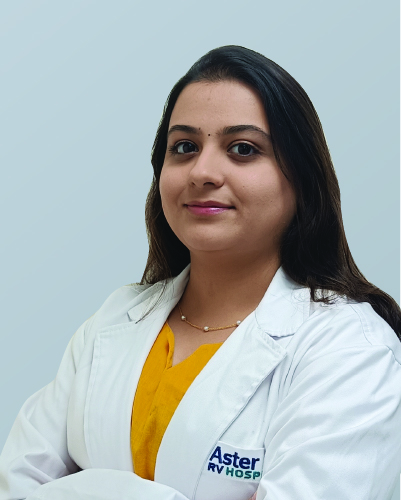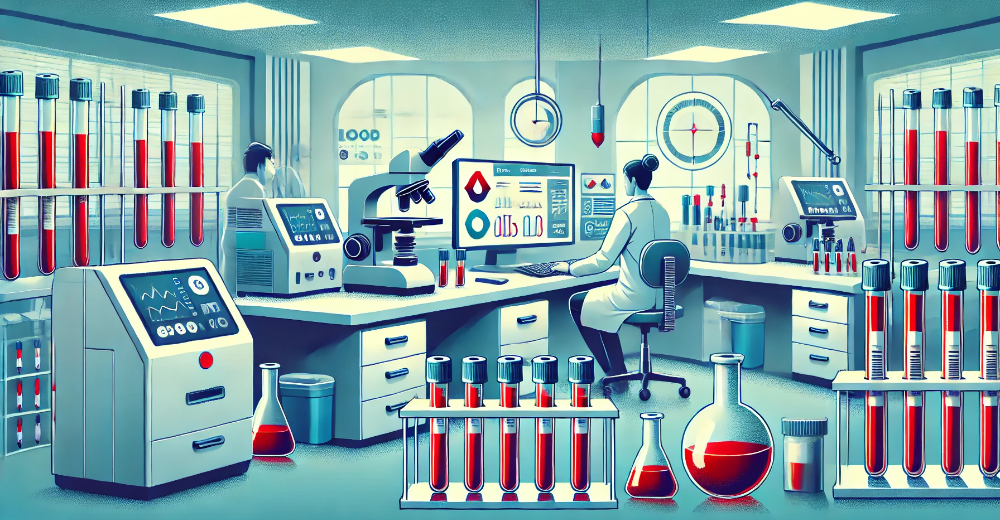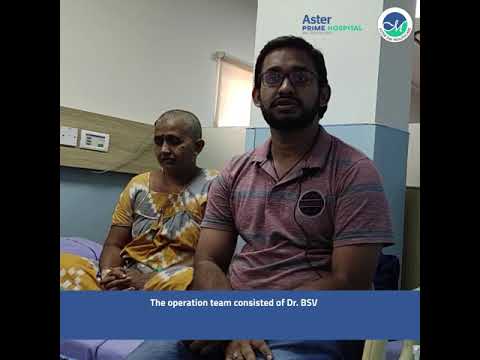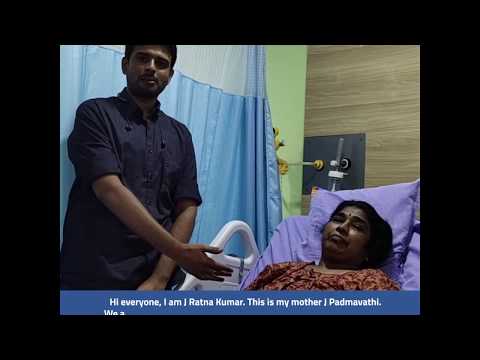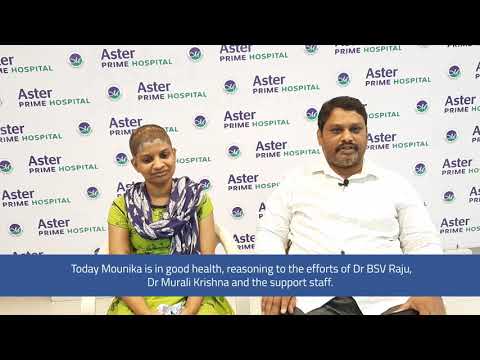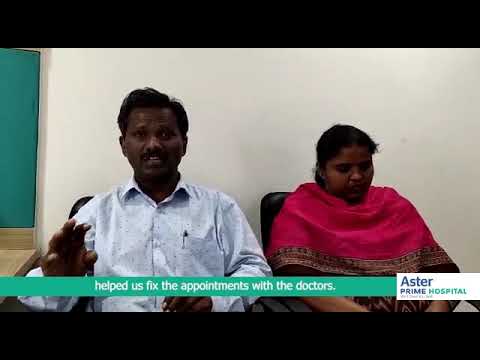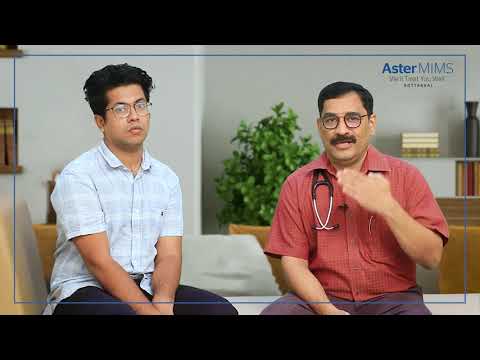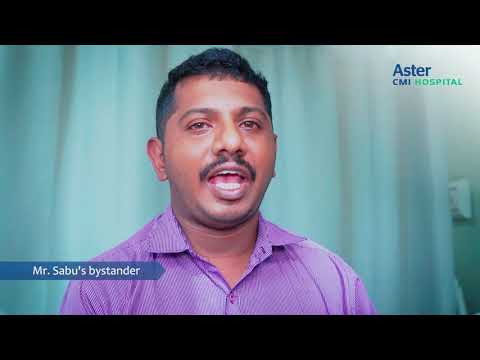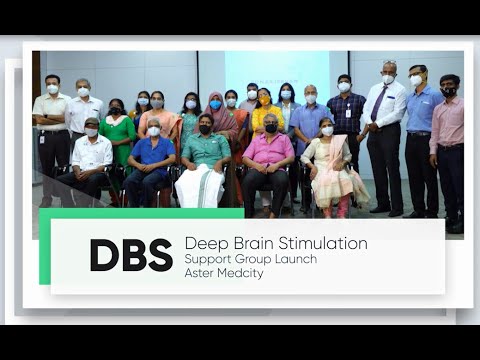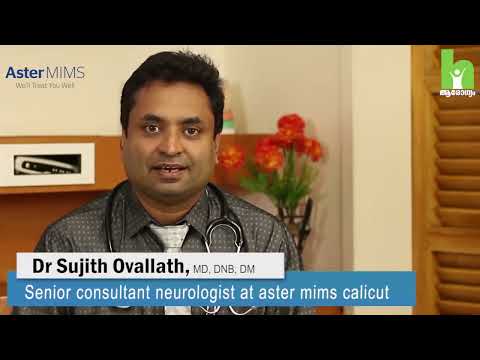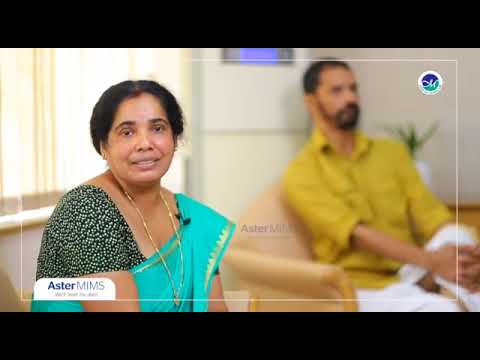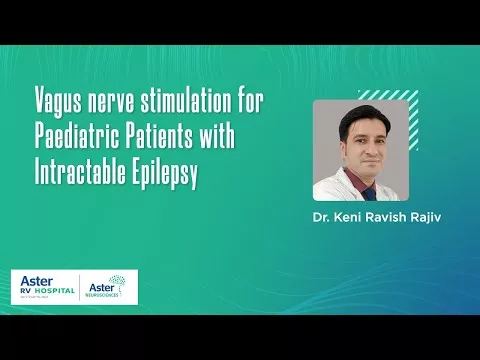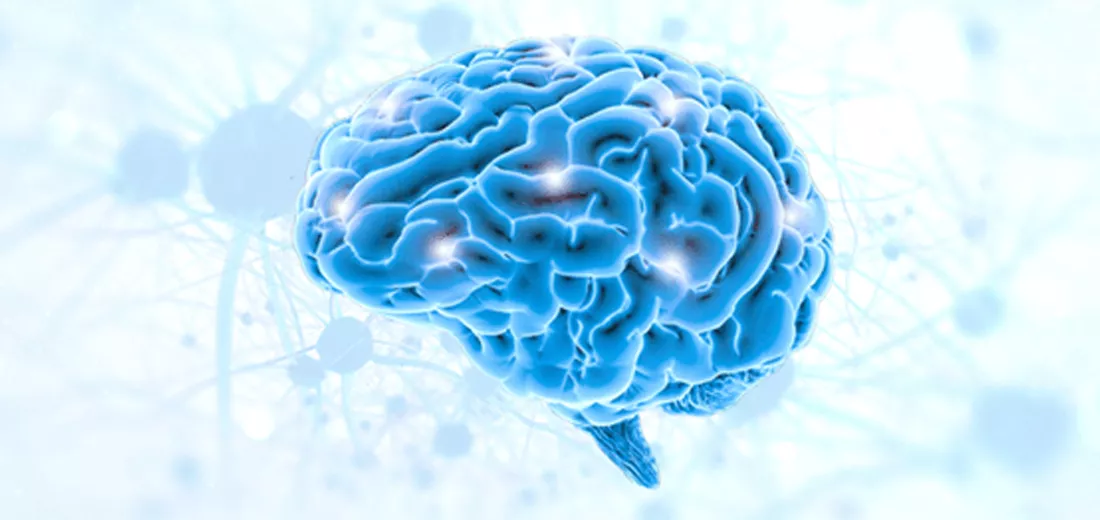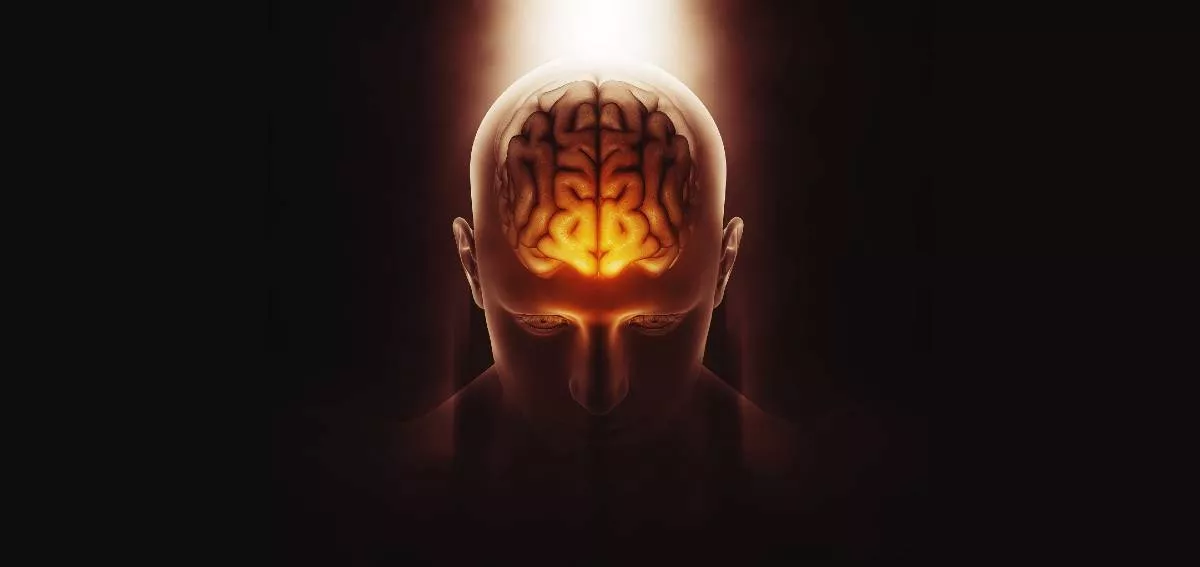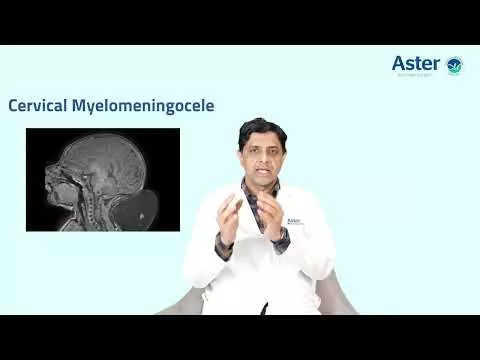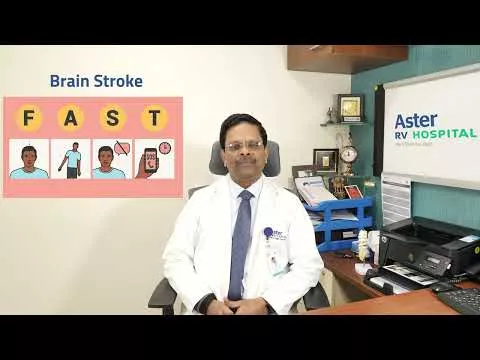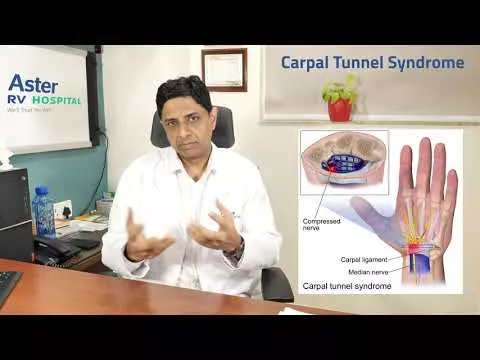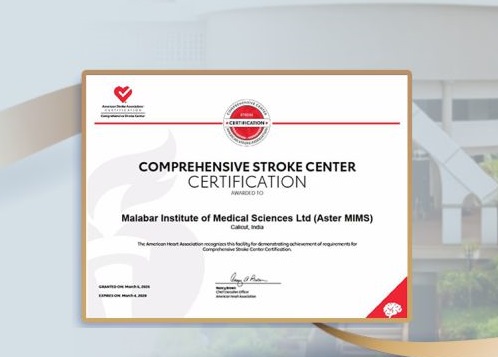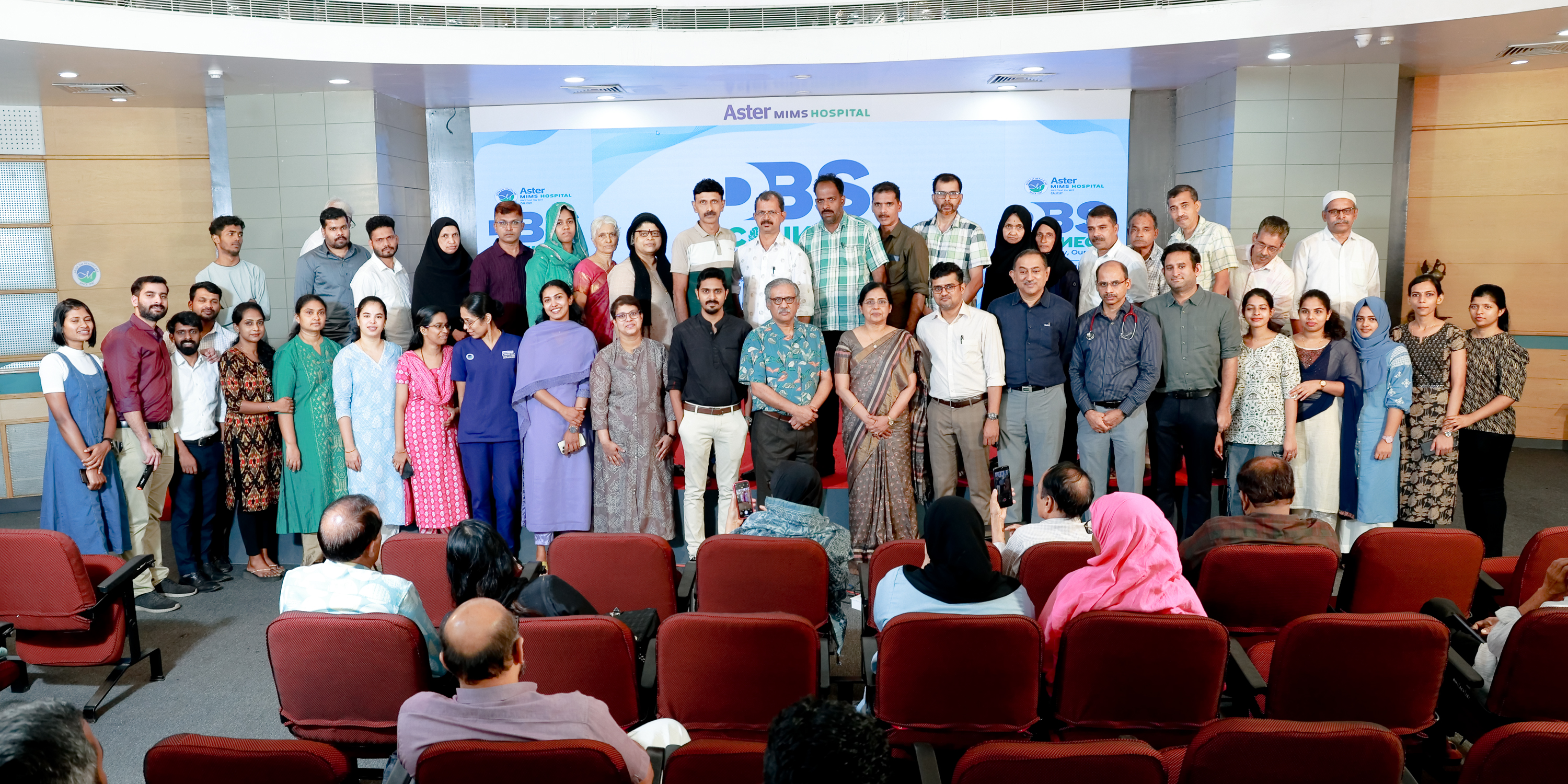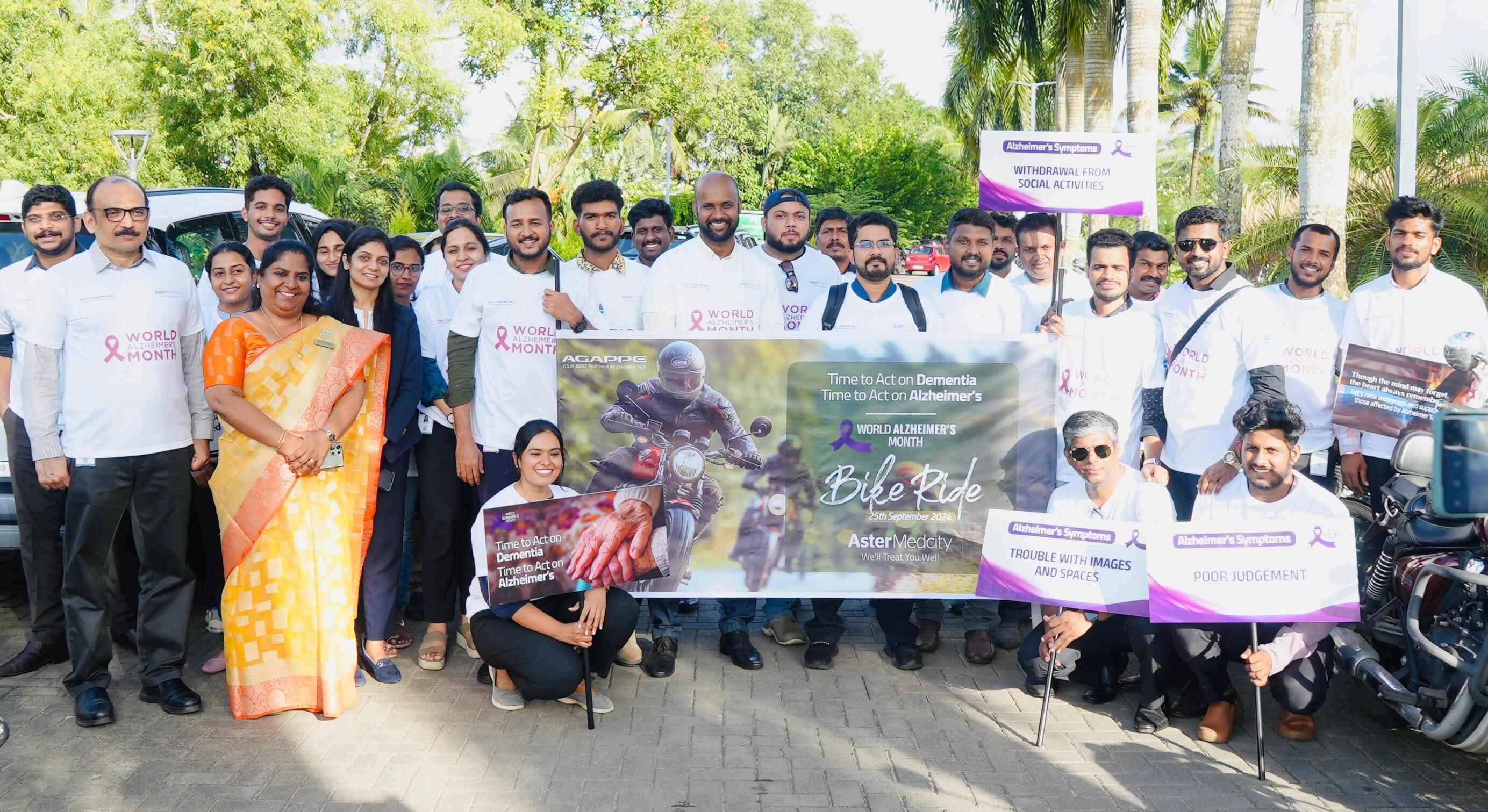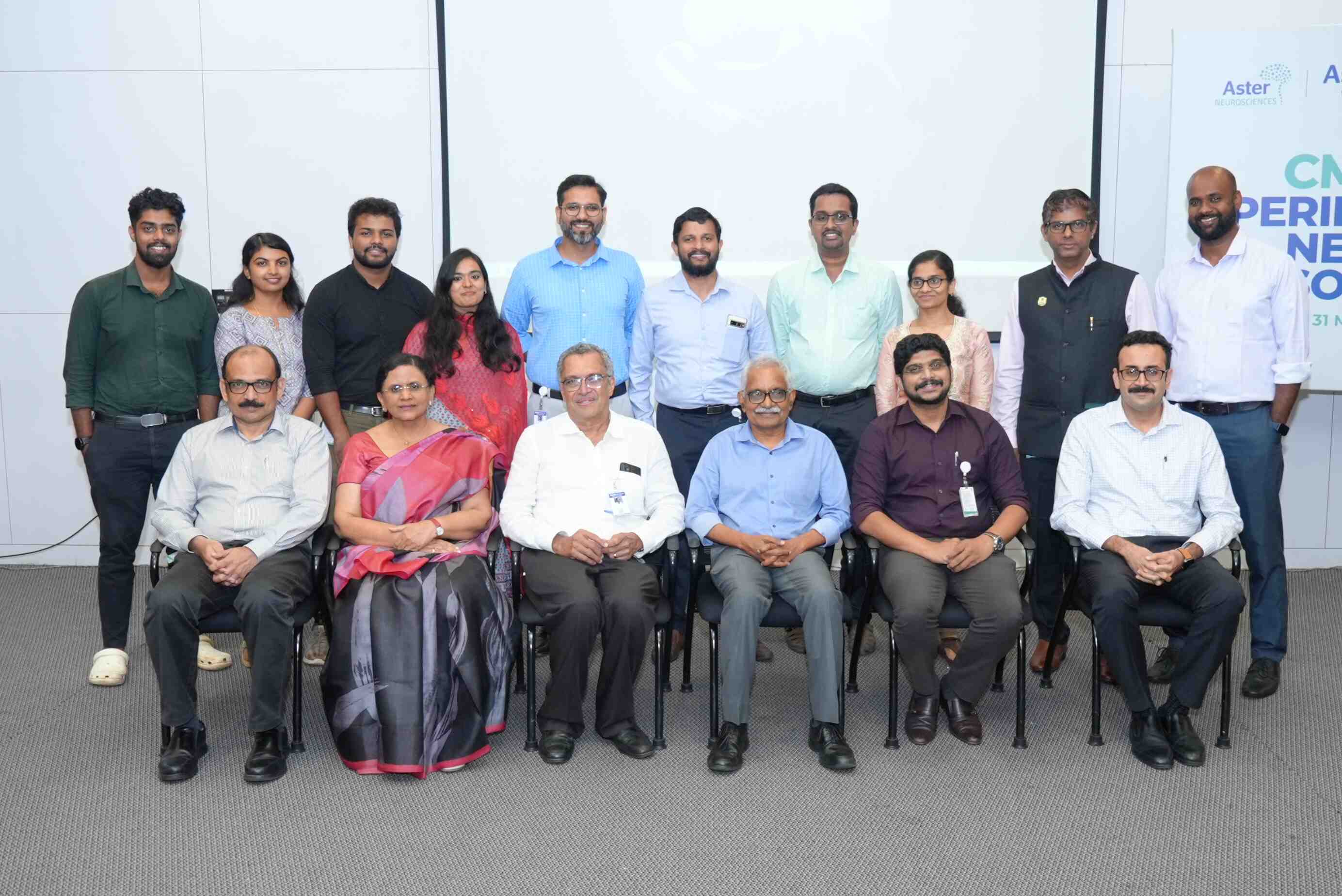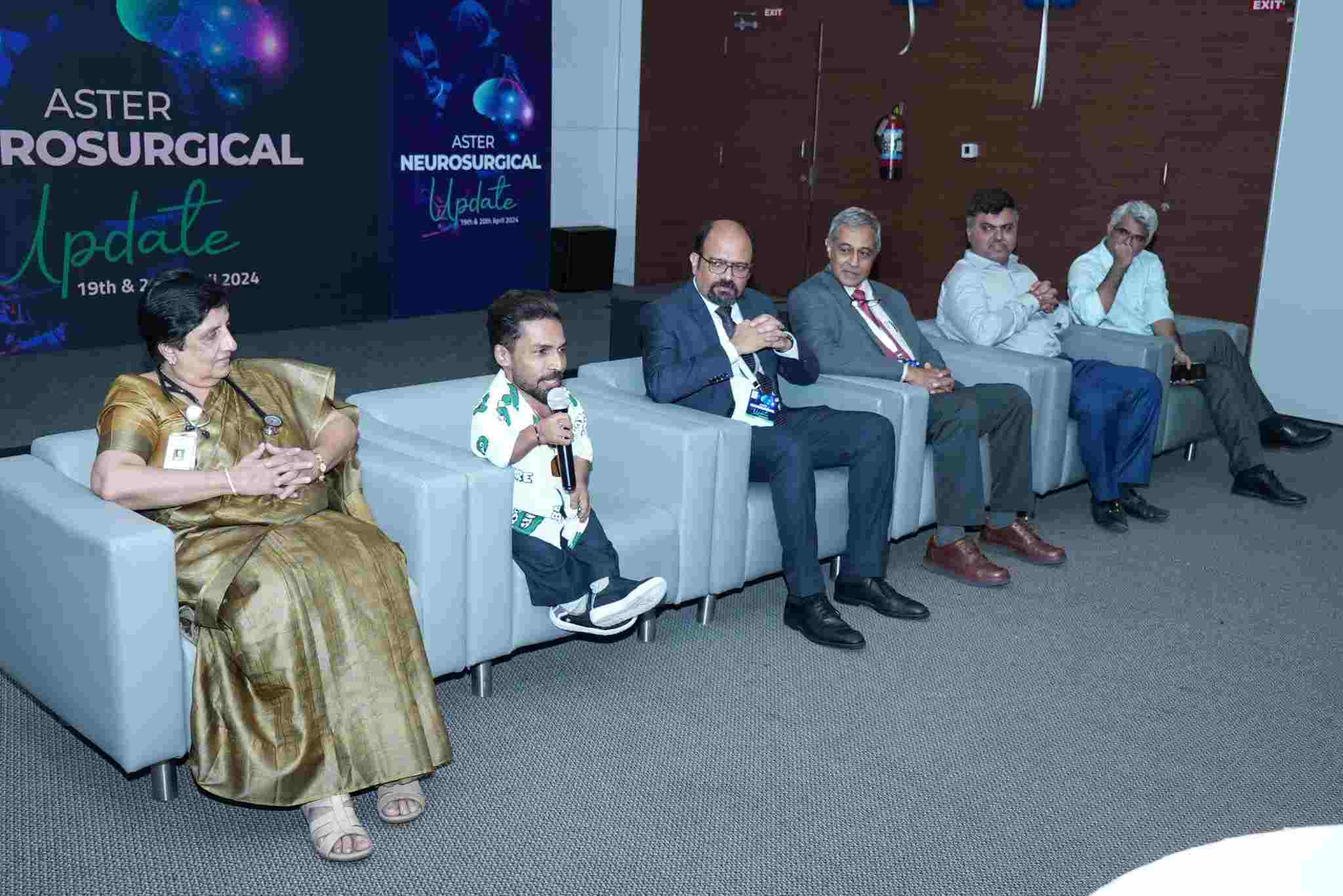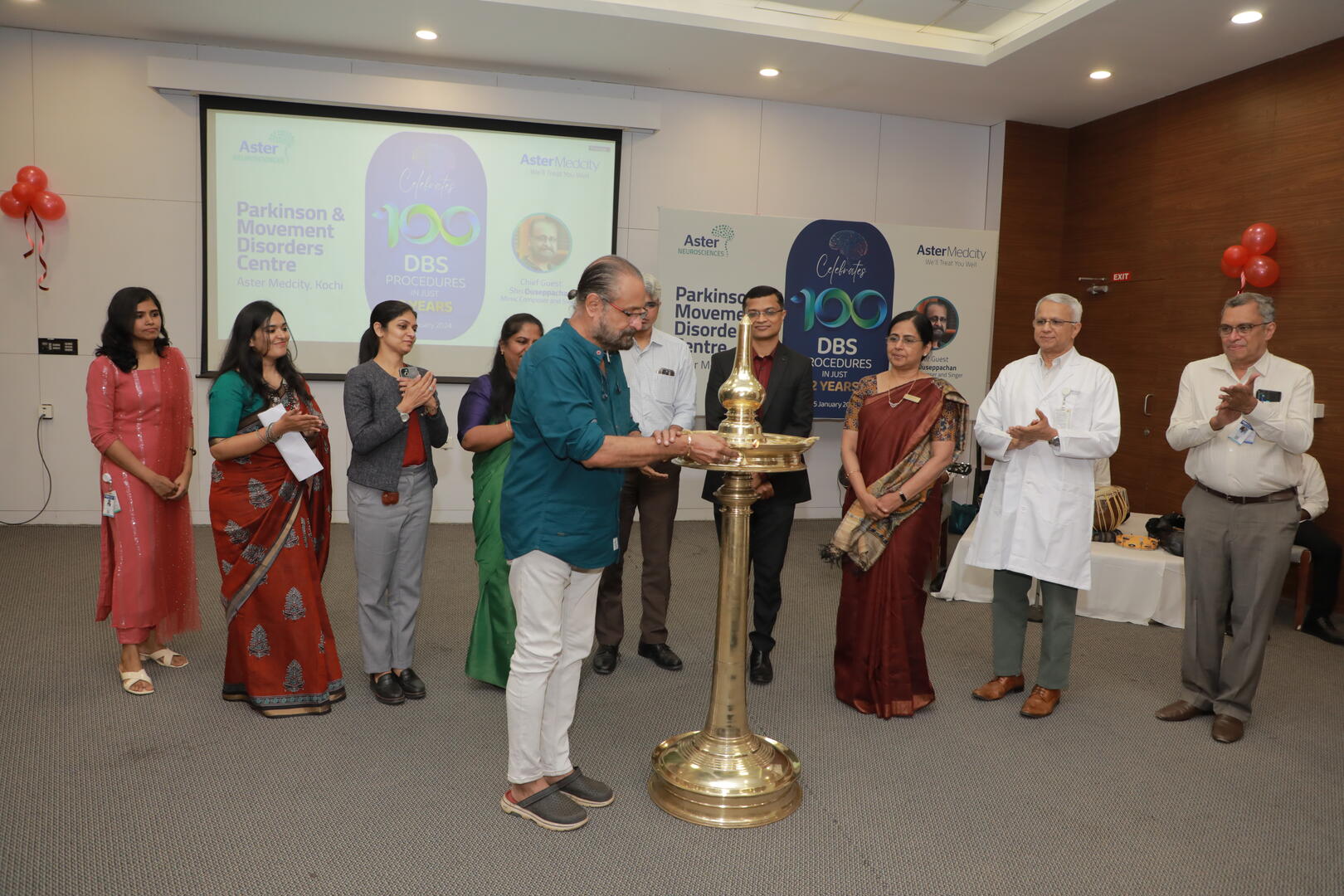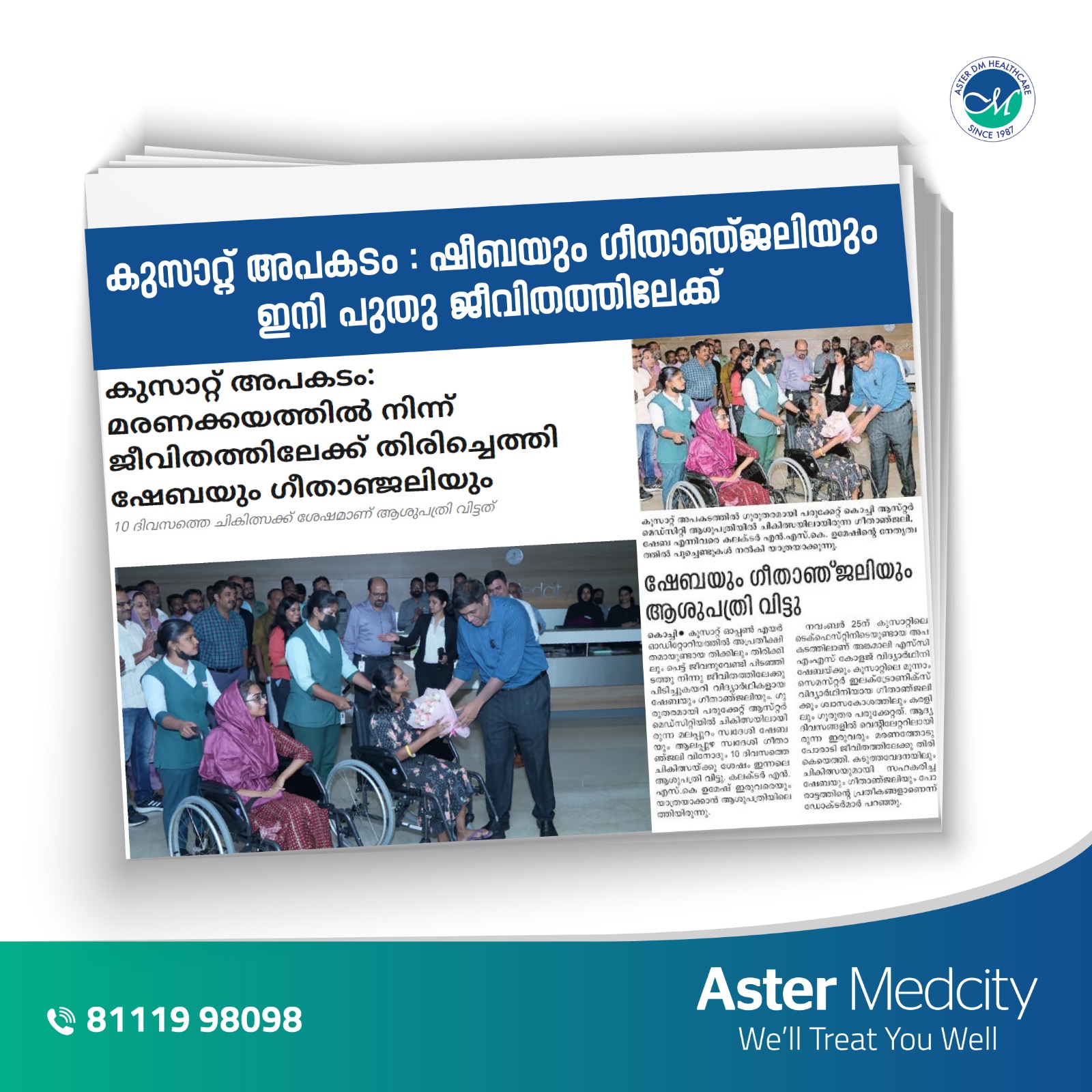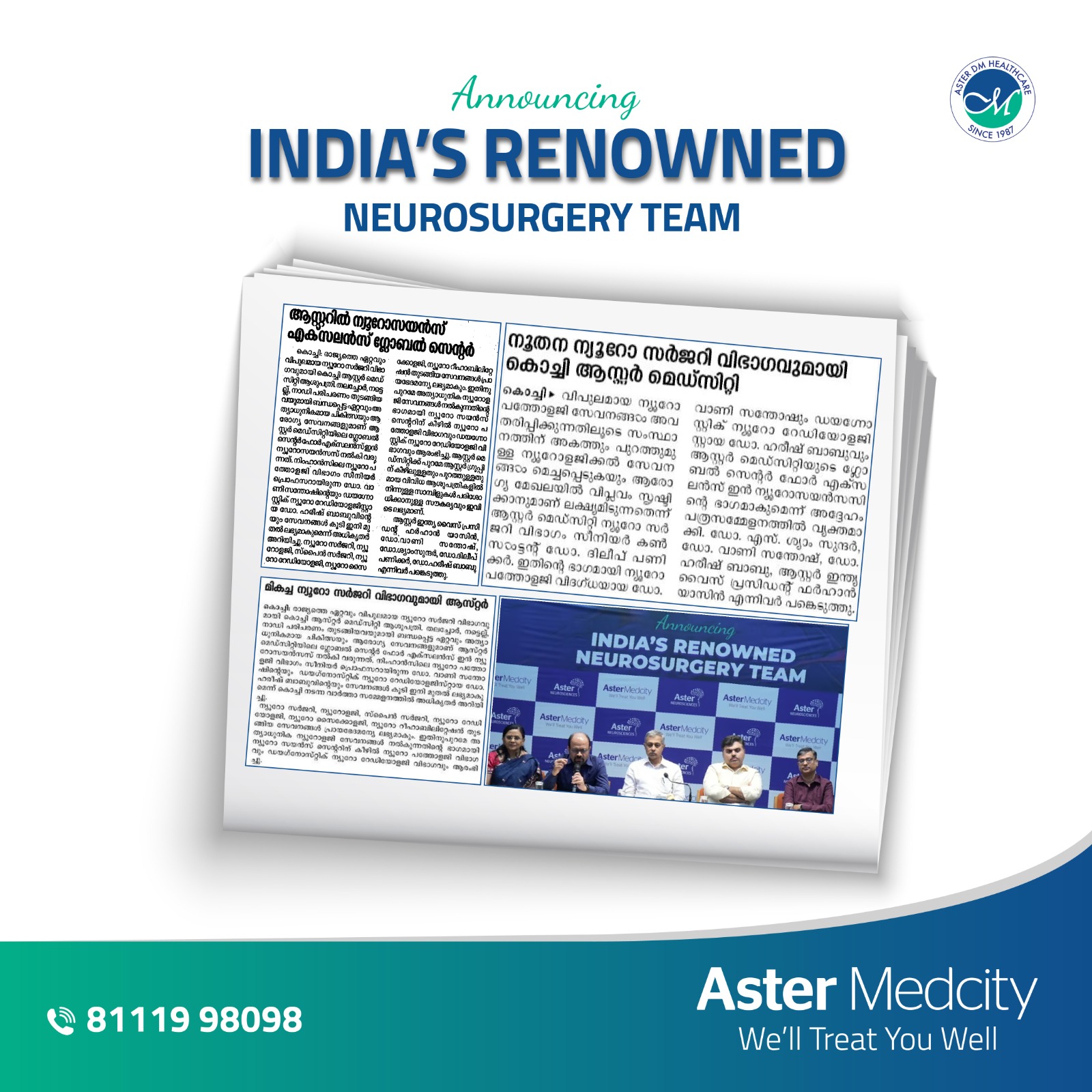Our Neurology Hospital in India offers highly advanced diagnosis and treatment for disorders of the nervous system.
The centre is officiated by a team of distinguished and dedicated Neurosurgeons, Neurologists, Neuro-anesthetists, Neuro Imaging specialists, Neuro-oncologists and Neuro-interventionists (supported by a team of highly skilled nurses and paramedics) who carry international credentials and lend their vast experience in the treatment of complex neurological diseases to ensure that you receive the finest care available.
As a leading Neurosurgery Hospital in India, our consistent achievement of desired clinical outcomes is made possible by world-class facilities, cutting-edge technology, the latest surgical techniques and a variety of surgical and non-surgical approaches designed to restore the patient's health, along with personalised care by our team of dedicated rehabilitation specialists.
Advanced Technology & Facilities
Well equipped with the latest medical equipment, modern technology & infrastructure, Aster Hospital is one of the best hospitals in India.
Aster Whitefield Hospital's Epilepsy Comprehensive Program is a program where expertise meets compassion in the pursuit of managing and treating epilepsy. Our program is dedicated to providing holistic care, employing cutting-edge technologies and a multidisciplinary approach to improve the lives of individuals affected by epilepsy.
Epilepsy, a neurological disorder characterized by recurrent seizures, demands specialized attention and tailored treatment strategies. At Aster Whitefield Hospital, we understand the challenges faced by individuals with epilepsy and their families. Our team of renowned neurologists, neurosurgeons, and healthcare professionals collaborates seamlessly to offer personalized care and innovative solutions.
Our commitment to excellence extends to the forefront of epilepsy care, integrating advanced diagnostics, precise surgical interventions, and comprehensive follow-up care. We believe in empowering our patients through education, support, and access to the latest advancements in epilepsy management.
With a focus on individualized treatment plans, our program strives to enhance the quality of life for each patient. We prioritize patient comfort, safety, and successful outcomes throughout their journey with us.
Visit us to explore our range of specialized facilities, each designed to provide accurate diagnoses, targeted interventions, and ongoing support for patients.
- Deep Brain Stimulation (DBS) surgery: For Parkinson’s Disease, Essential Tremor, Dystonia ( primary and selected secondary dystonias), intractable Tourettes Syndrome)
- Focused ultrasound therapy: for Essential Tremor (if FUS is set up in COE Neurosciences under brain tumour centre)
An EEG records the electrical activity of your brain via electrodes affixed to your scalp. EEG results show changes in brain activity that may be useful in diagnosing brain conditions, especially epilepsy and other seizure disorders.
A video EEG records what is happening when you have a seizure or event and compare the picture to what the EEG records at the same time.
Invasive EEG recordings are those recordings that are made with electrodes that have been surgically implanted on the surface or within the depth of the brain.
This is a procedure used intraoperatively to confirm the location and extent of epileptic tissue by recording electrical activity directly from the surface of the cerebral cortex.
MRI protocol for epilepsy is a group of MRI sequences put together to improve sensitivity and specificity in identifying possible structural abnormalities that underlie seizure disorders.
Positron emission tomography (PET) scans detect early signs of cancer, heart disease and brain disorders. An injectable radioactive tracer detects diseased cells. A combination PET-CT scan produces 3D images for a more accurate diagnosis.
A single-photon emission computerized tomography (SPECT) scan lets your doctor analyze the function of some of your internal organs. A SPECT scan is a type of nuclear imaging test, which means it uses a radioactive substance and a special camera to create 3-D pictures.
We combine our expertise in the areas of patient-care, clinical research and academics in order to provide the highest level of specialised services to our patients. The Aster spine center was conceived as part of the overall scope of neurosurgery and was incorporated into our original vision document. As part of the transformation into a global COE a dedicated aster spine center was proposed. This would be a multispeciality service including neurosurgical and orthopaedic spine surgeons covering the entire gamut of spine pathology, both elective and emergency. The primary spine service would be supported by a very active physical medicine and rehabilitation service, and other departments like neurology, endocrinology, radiology and oncology. It might be possible to include an element of holistic care into the spine center by association with indigenous systems of medicine like Ayurveda.
- OR1 Fusion Digital Integrated Green OT certified surgical Suites
- IntelliSpace Critical Care and Anaesthesia (ICCA) ICUs
- Level 3 PICU
- 3.0 Tesla Widebore MRI
- 256 Slice Philips iCT Scan
- DEXA for bone density measurement
- Philips Astonish True Flight Select
- PET-CT with Time Of Flight Technology
- GE SPECT-CT Optima NM 640 Gamma Camera>
- True Beam Linear Accelerator with FFF Technology
- Karl Storz Endoscope
- Siemens Isocentric 3D C-arm
- Medtronic Stealth Station Navigation System
- Leica M530 OH6 Operating Microscope
- Leica M525 OH4 Operating Microscope
- Medtronic Legend high-speed pneumatic drills
- Medtronic Legend EHS Stylus electric drills
- Medtronic Legend oscillating and reciprocating microsaws
- Intraoperative Bone CUSA
- Intraoperative electrophysiological monitoring
- Allen Spine System Table
- Needle biopsy
- Soft tissue and bone pathology
- Spine and peripheral nerve pathology
- Immunohistochemistry & frozen section
- Advanced navigation system
- Endoscopy and MISS systems
- Intraop MRI
- Gamma (SPECT) Camera
- Whole body bone scan
- Regional three-phase bone scan
- Regional infection imaging
Evaluation and treatment of acute and chronic movement disorders
Aster Whitefield Hospital's Stroke Comprehensive Program is dedicated to providing exceptional care and comprehensive solutions for individuals affected by strokes. Our program embodies a multidisciplinary approach, combining expertise, innovation, and compassion to address the complexities of stroke care
The Neurophysiology Program at Aster Whitefield Hospital is where cutting-edge technology meets expert care to provide a comprehensive array of services dedicated to diagnosing and treating neurological conditions. Our program is committed to delivering accurate assessments and personalized care, ensuring optimal outcomes for our patients.
Facilities provided for spine care at Aster Whitefield Hospital
In the realm of spine care, Aster Whitefield Hospital stands as a beacon of excellence, offering a comprehensive range of services designed to meet the diverse needs of patients worldwide. Our commitment to international expertise, cutting-edge technology, and academic excellence sets us apart as a leader in spine surgery.
At Aster Whitefield, we take pride in our truly international patient base, fostering cultural sensitivity and understanding of varied medical backgrounds.
Our internationally renowned surgical team comprises experts trained at top global institutions.
Utilizing cutting-edge technologies like IONM, Leica Microscopes, Canon Biplane Spine Suite, and minimally invasive robotic surgery systems
Our commitment to excellence extends to specialized paramedics ensuring safe spine care.
Surgeons at Aster Whitefield are not just practitioners but contributors to the advancement of spine surgery.
Neuropsychology is the systematic evaluation of higher cognitive abilities including intelligence, memory, academic skills, cognitive and language, attention span, sensory motor, problem solving abilities, executive abilities, visual motor skills and personality/emotional functioning. The Neuropsychology Clinic at the Aster Centre of Excellence in Neurosciences offers:
Cognitive evaluation/ rehabilitation/ remediation in patients with neurological conditions like epilepsy, stroke, Alzheimer’s disease, Parkinson’s disease and tumours
Study of functional aspect of brain through pre & post-operative evaluation
Study of decline of cognitive skills in the elderly
Evaluation of changes in thinking/ behavior pattern with people with serious illnesses
Evaluation/ management of behavioural problems
Counselling/ management of depression and anxiety
Counselling and management of depression and anxiety
Family counselling
Electroencephalography
Electromyography
Transcranial doppler
Imaging tests:
- CT
- MRI
CT cisternography
Cerebral arteriogram
Neurosonography
Myelogram
Electromyography
Intracranial pressure monitoring
Outpatient (6 days in a week), Inpatient, follow-up clinic
24 hours emergency services
Neurocritical care
Comprehensive Neuro rehabilitation services
Cerebral angiography
Electroencephalogram (EEG)
Nerve conduction studies (NCS)
Electromyography (EMG)
Evoked potential (VDP, SSEP, BERA)
Nerve and muscle biopsies
Polysomnography
Video EEG monitoring
Neuronavigation systems facilitate image-guided neurosurgery ensuring accurate resection of brain tumours or biopsies of brain lesions and detailed brain surgery. Basic principles of navigated surgery are to see the tip of a pointer in an image space.
Continuous assessment of Intracranial Pressure is necessary to evaluate the efficacy of therapeutic measures and for evaluating the evolution of brain injury. This is being carried out using ICP monitoring system, ensuring an optimal level of Cerebral Perfusion Pressure.
The Neuro ICU at the department combines the service of ICU staff with advanced critical care training together with technological expertise. It facilitates round-the-clock close monitoring and personalised care for the patients.
Routine 32 channel digital video EEG
Round-the-clock, long-term 128 channel video EEG monitoring
Functional MRI and WADA study to assess eloquent cortex regions.
3T MRI and an exclusive intraoperative MRI
PET (positron emission tomography)
SPECT (single-photon emission computerized tomography)
ECOG (ElectroCorticography)
Cortical Mapping
SSEP (Somatosensory Evoked Potential)
MEP (Motor Evoked Potential)
Different surgeries available:
Respective Surgery
Lesionectomy
Amygdalohippocampectomy
Corticectomy
Lobectomy (e.g. temporal lobectomy)
Multilobar resection
Disconnective/Palliative Surgery:
Hemispherectomy
Corpus Callosotomy
Multiple Subpial Transections
Conditions treated:
Mesial temporal sclerosis
Focal cortical dysplasia
Lesions like ganglioglioma, DNET
Hemimegalencephaly
Rasmussen’s Encephalitis
This comprehensive rehabilitation regimen can help the patient to maximise and regain normal muscle movement and function after a stroke or for neurological conditions such as:
Parkinson’s disease
Multiple sclerosis
Spinal cord injury
Head injury
Balance dysfunction
Bell’s palsy
Brain perfusion imaging
Ictal SPECT imaging
Technetium TRODAT imaging
I - 131 MIBG therapy for malignant neuroendocrine tumours
An electroencephalogram (EEG) is a test used to find problems related to electrical activity of the brain.
An EEG tracks and records brain wave patterns. Small metal discs with thin wires (electrodes) are placed on the scalp, and then send signals to a computer to record the results. Normal electrical activity in the brain makes a recognizable pattern. Through an EEG, doctors can look for abnormal patterns that indicate seizures and other problems.
Immunohistochemistry
Molecular diagnosis and genetic mutation analysis
Physical therapy
Occupational therapy and rehabilitation for patients with neurological/ physical disabilities
Speech therapy for patients with language disabilities
Flat panel bi-plane vascular hybrid cathlab
Fourth generation Time of Flight 16 Slide PET CT
True Beam Linear Accelerator for high-precision radiotherapy
Low radiation CLARITY cath lab
256 slice Philips iCT scanner
3 Tesla Wide Bore Digital MRI
GE SPECT-CT OPTIMA NM 640 Gamma Camera EPIQ
Image fusion for guided biopsies
OR 1 Karlstroz fusion integrated, Green OT certified Operation Theatres with autopilot anaesthesia
Stealth Station Navigation
C- Arm for surgical imaging
Dedicated ICCA (IntelliSpace Critical Care and Anaesthesia) Neuro ICUs
Level 3 Paediatric ICU
ORI Fusion Digital Integrated Operation Theatres With 22 Operating Rooms that are on par with some of the largest in the world, Aster Medcity, for the first time South India, introduces ORI Fusion Digital Integrated Operation Theatres using Karlstorz OR1 Fusion - Asia Pacific’s first complete digital integration system.
The integration enables real-time sharing of images, videos and medical reports, which not only facilitates virtual participation from any location in the world, but also helps the rest of the surgical team to monitor the patient closely during the operative procedure, much to the benefit and safety of the patient undergoing the surgery.
Aster Medcity is also the first surgical facility in the state to offer Robotic Surgery using high-precision da Vinci Surgery Robot.
Aster Hospitals are well equipped to run all kinds of neurological diagnostic tests. Our top-of-the-line medical equipment and highly experienced doctors and surgeons strive to their maximum capacity to properly diagnose and offer treatments that help heal patients, prolong life, and improve the patient's quality of life.
Some of the neurology diagnostic tests with us are:
Physical examination
Different kinds of tests conducted by the neurologist to check for overall coordination between the limbs and their movements, the reflexes, and the cognitive health and function.
Computed Tomography (CT) Scans
This is the first investigative step in forming a neurological diagnosis. A computer-assisted X-ray imaging is done to detect deformities, infections, or lesions anywhere in the brain or the spinal cord.
Magnetic Resonance Imaging (MRI)
MRI (magnetic resonance imaging) uses magnetic fields to develop 2-D and 3-D nervous system images.
Spinal tap or lumbar puncture
This is an outpatient procedure in which lumbar anesthesia is given to take a sample of the cerebral spinal fluid (CSF) around the brain and spinal cord. Many degenerative disorders and neurological diseases like traumatic brain injury, Alzheimer’s etc., show abnormalities in the CSF.
Tensilon test
This medical procedure helps your neurologist to diagnose neuromuscular diseases, such as myasthenia gravis. Your neuro physician will inject you with Tensilon for this test and observe how it influences your muscle movements.
Electromyography (EMG)
Electromyography or EMG is a secondary diagnostic test to help check for the electrical activity between the central nervous system (brain, meninges, and spinal cord) and the peripheral nervous system (nerves in the limbs). Your neurologist will attach small electrodes connected by wires to different parts of your body and over areas of the brain and spinal cord. The difference in the results of the test helps the doctor to determine neuromuscular functions.
NCV
Sometimes, an additional test is done with an EMG, known as a nerve conduction velocity (NCV) test. This test is done to check for the speed at which the nervous tissue sends impulses to the peripheral nerves. For this, similar types of electrodes rae used, which are placed at the same positions as in EMG, and another meter checks for the readings. This test might cause discomfort to sensitive patients; therefore, counseling is advised beforehand.
Electroencephalogram (EEG)
An EEG helps to measure electrical activity in the brain. It is also used to help diagnose brain disorders, including tumors, inflammation, injuries, seizures, and psychiatric disorders.
The test doesn't usually cause discomfort and is sometimes carried out while the patient is asleep. Small cups like electrodes are placed all over the scalp, and changes in the brain signals are measured. Your doctor might also adjust the surroundings to measure random brain signals, such as the effect of lighting or noises.
An EEG usually takes about an hour but does not require hospitalization. Like an EMG, you will need to avoid stimulants for 24 hours before the start of the test.
Preparation before an NCV/ EEG
Avoid taking any stimulus, caffeine, or drugs that can alter the nerve responses. Your physician may advise you to avoid taking non-steroidal anti-inflammatory medications or blood thinners before doing an EMG or NCV test. These tests are usually done together and may take around 1 to 1.5 hours. It is an outpatient procedure, though lengthy & the patient can return home as soon as it is done.
Other tests
● PET scan
Positron emission tomography and PET scan with Tauvid dye
This scan uses radiation to give detailed images of the central nervous system in 2-D and 3-D. A pet scan can detect tumors, infections, and blood vessel defects.
● NIRS
Near-infrared spectroscopy or NIRS is the latest type of brain imaging test that helps measure light absorbance to calculate oxy-hemoglobin and deoxy-hemoglobin levels, which indirectly provides a measure of the oxygenation of the brain.
● Brain angiography
A brain angiography uses a dye introduced into the arteries to mark the outline of all blood vessels around and inside the brain tissue. This helps to look for blockages, obstructions, and aneurysms.
· Sleep Study (Polysomnography)
Neurological Specialities Available at Aster Hospitals
Aster Hospitals is equipped with the following specialties:
- Neurocritical care
- Neuro-oncology
- Pediatric neurology
- Geriatric neurology
- Neurocritical rehabilitation
- Neuromuscular medicine
- Autonomic disorder
- Stroke care
- Epilepsy center
- Interventional neurology
Consultation
Outpatient electrophysiological diagnosis including: Nerve conduction studies Somatosensory, visual and auditory evoked potential studies EEG, Video EEG Carotid ultrasound and transcranial doppler
Speciality clinics for neurological problems
24/7 neuro trauma & critical care
Dedicated Neuro ICUs
Carotid ultrasound and transcranial doppler
Diagnostic cerebral angiography
Thrombolysis and mechanical thrombectomy for stroke
Angioplasty and stent for stroke management
Inpatient electrophysiological procedures including: Long-term video EEG Invasive intracranial monitoring Sleep lab Nerve conduction and evoked potential studies (somatosensory, motor, visual & auditory) Intraoperative electrophysiology
We trained in nervous system conditions , brain and nervous system surgery, and other areas work together to determine the most appropriate treatment for your condition.
We run a number of Specialty Clinics at Aster Medcity. Each clinic runs on a particular day of the week and offers a gamut of services to the needy patients. Our services include, but not limited to:
- Clinical evaluation ,diagnosis and medical treatment of Adult and pediatric Movement Disorders
- Selection of cases of Movement Disorders for DBS treatment
- Selection for Apomorphine pump treatment for advanced Parkinson’s disease (OP assessement of eligibility and IP for initial titration). Indicated for those who opt for non surgical treatment or in whom surgery is contraindicated
- Cognitive and Neuropsychological evaluation
- Neuropsychiatric assessment
- Physiatry assessment and physiotherapy
- Autonomic function tests
- Sleep studies
- TRODAC studies, MRI through Radiology and nuclear medicine dept
- Speech, swallowing and gait rehabilitation
- Pain and palliation in advanced movement disorders
- Selection of patients for clinical trial and research
- Movement Disorder Clinic
- Deep Brain Stimulation (DBS) Programming Clinic
- Botulinum Toxin Clinic
- Pediatric Movement Disorder Clinic
- Memory Clinic
Patient Stories
Our patients are our best advocates, hear the inspiring stories of their treatment journey
Blogs
The source of trustworthy health and medical information. Through this section, we provide research-based health information, and all that is happening in Aster Hospital.
News & Events
Stay updated with the latest happenings at Aster Hospitals. Explore our News and Events section for insightful articles, health tips, upcoming events, and noteworthy achievements.
